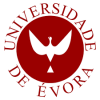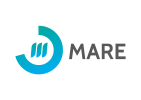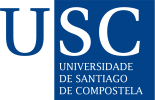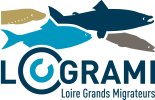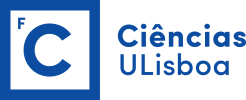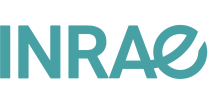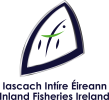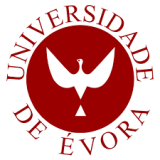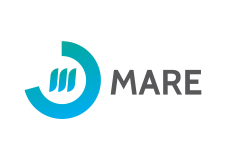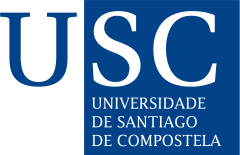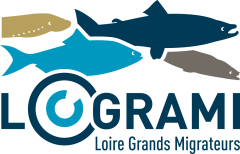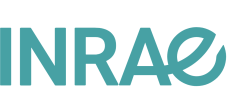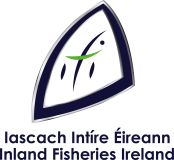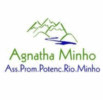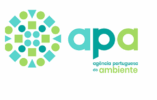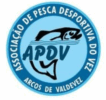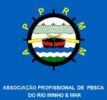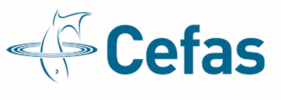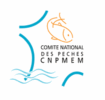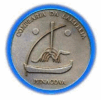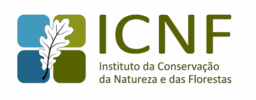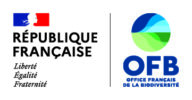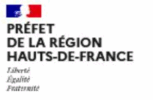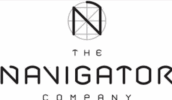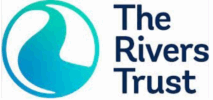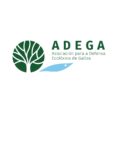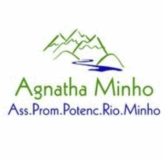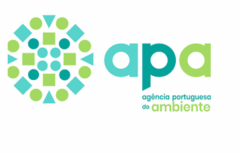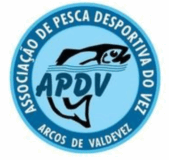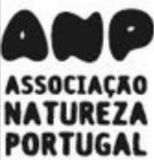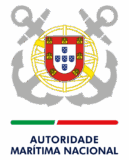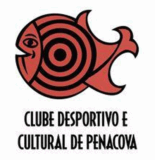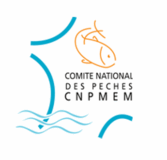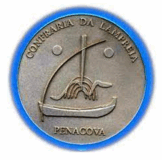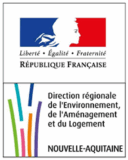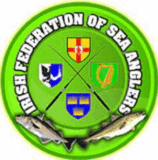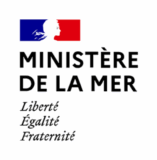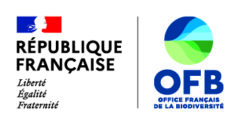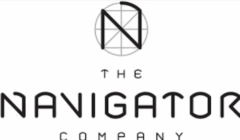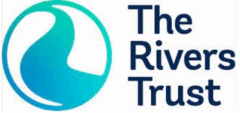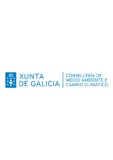Our Team
Beneficiary Partners
-
University of Évora
The University of Évora is a public University organized in 4 Schools: Arts, Sciences and Technology, Social Sciences and Nursing. Research and Development(R&D) covers several scientific areas through a network of 18 Research Units, all of them submitted to international evaluation under the coordination of the Institute for Research and Advanced Studies. The University of Évora has established 7 Chairs in areas of excellence (Biodiversity,Renewable Energies,Heritage and Health,LifeSpan,Macau,Iberian studies,EDUWELL), participates in the National Roadmap of Strategic Research Infrastructures and has several research infrastructures in agronomy, biodiversity, environment, computer sciences, business studies and entrepreneurship, aerospace engineering, solar energy and heritage. Over the last years, the University has fostered a close link with the community. Such interaction has been possible through the creation of working networks, the participation in the Science and Technology Park as well as through the establishment of protocols and co-promotion research projects. The main R&D areas are: Geophysics; Landscaping; Materials and Surface Science; Economics; Social and Political Sciences, History, History of Art, Science and Cultures; Applied Mathematics; Education; Linguistics and Literature; Elderly Healthcare. The 255 running R&D projects are developed through national and international partnerships such as ERASMUS+, LIFE, H2020, PT2020, Alentejo2020 or private sponsorship.
Location
Évora, Portugal
Website
www.uevora.pt/
-
MARE
MARE – Marine and Environmental Sciences Centre is a centre for research, technological development and innovation, with poles located across Portugal mainland and islands. MARE was classified as Excellent R&D Unit by FCT. The objective of MARE is to seek excellence in the study of aquatic ecosystems and disseminate knowledge to support policies for sustainable development. This mission is achieved through scientific research, education, knowledge and technology transfer to industry, as well as through science communication, establishing collaborative networks at the regional, national and international levels. Structurally, MARE integrates two ecosystem-oriented Research Groups (1. River Basins; 2. Coastal Systems and Ocean) and seven research Thematic Lines, which are supported by one or both research groups (1. Hydraulics, Hydrology and Sedimentary Environments; 2. Biodiversity and Ecosystem Functioning; 3. Aquaculture and Fisheries; 4. Environmental Risk; 5. Biotechnology and Resources Valorisation; 6. Technological Tools for Exploration and Monitoring; and 7. Governance and Literacy).
Website
www.mare-centre.pt/
-
The University of Santiago de Compostela
The University of Santiago de Compostela (USC), founded in 1495, is one of the university institutions with a great tradition in Europe. It has more than 2000 lecturers (about 38% female) and 300 research groups. USC has been recognized by the Spanish Ministry of Education in the top ten as one of the International Campus of Excellence. Research and Technology Development is one of the most important activities in the USC having the infrastructure facilities and human resources needed for the training of researchers. The different Departments and Research Institutes from the University, offer a high-quality scientific production in different areas which has allowed narrow technological cooperation with regional, national, and international institutions, companies, and SMEs.
Website
www.usc.gal/gl
-
Logrami
LOGRAMI is a non-profit organization for research on migratory fish in the Loire basin. The association was created in 1989 at the initiative of all the fishing federations in the basin, professional fishermen's associations, and several other environmental organizations. Its objective is to support the implementation of projects aimed at preserving migratory fish in the Loire basin, particularly through the monitoring of counting stations.
Website
www.logrami.fr
-
IPMA
IPMA is a public institution, part of the indirect administration of State, endowed with administrative and financial autonomy and its own assets. IPMA is the state laboratory whose mission is to promote and coordinate scientific research, technological development, innovation and service on the seas and atmosphere, ensuring the implementation of national strategies and policies in their areas of expertise, thus contributing to economic and social development.
Website
www.ipma.pt
-
Faculdade de Ciências da Universidade de Lisboa
The Faculdade de Ciências (CIÊNCIASFCUL) is part of the Universidade de Lisboa (ULisboa), the largest and most prestigious Portuguese University, ranked 5th among Latin-American universities, 28th in the SCIMAGO rankings and among the 150 best Universities in the world according to the latest available QS World University Rankings. In the same ranking, CIÊNCIAS FCUL is a top Portuguese faculty, covering a wide range of the key scientific areas of exact and natural sciences and techno-sciences and providing its students with high-quality infrastructures and research environment. These include more than 130 teaching laboratories and 180 research laboratories in its 10 departments and 17 research and development units (the majority of which are rated as Excellent). More than 5000 students, 300 academics and 900 researchers produced (2022) over 1200 scientific papers per year in indexed scientific journals, mostly Q1. CIÊNCIAS FCUL has over 500 national and international research and development projects underway, including 6 ERC grants (Consolidator and Starting), 5 Marie Curie and over 50 European Collaborative Grants with an annual competitive funding of around 15 million euros (2023), which together with more than 600 collaboration protocols with Portuguese and foreign institutions, public and private, allows CIÊNCIAS FCUL to train highly qualified professionals. CIÊNCIAS FCUL transfers knowledge and technology to society, hosting 35 Start-Up companies in its incubator (Tec Labs), many of which faculty spin offs. CIÊNCIAS FCUL is followed by several thousand people through its social networks. CIÊNCIAS FCULinteracts with public and private companies, regulatory and government entities and participates in living labs on several societal challenges. Over 70% of CIÊNCIAS FCUL graduates take less than one year after graduation to find a job in the global market.
Website
ciencias.ulisboa.pt/
-
INRAE
The French National Research Institute for Agriculture, Food, and Environment (INRAE) is a major player globally in research and innovation. Gathering a community of 12,000 people with 272 units including fundamental and experimental research, spread out throughout 18 regional centres in France. Internationally, INRAE is among the top research organisations in agricultural and food sciences, plant and animal sciences, as well as in ecology and environmental science. It is the world’s leading research organisation specialising in agriculture, food and the environment. Faced with a growing world population, climate change, the depletion of resources and declining biodiversity, the Institute has a major role to play in providing the knowledge base supporting the necessary acceleration of agricultural, food and environmental transitions, to address the major global challenges.
Website
www.inrae.fr/en
-
Inland Fisheries Ireland
Inland Fisheries Ireland is the State environment agency responsible for protecting, managing and conserving Ireland's inland fisheries and sea angling resources. We have the statutory responsibility to protect, manage and develop 74,000 km of rivers and streams together with 128,000 lake hectares. A coastal 12-mile jurisdictional limit is also included. We carry out applied fisheries research to assess the conservation status of Ireland's fish species, to monitor fisheries stocks in inland and coastal waters and to explore environmental issues that have an impact on fish and their habitats. Stakeholder Engagement is also an important part of what Inland Fisheries Ireland does. We work with a wide variety of groups and individuals at national, regional and community level as well as anglers, commercial fishermen, fisheries owners, NGO's and sporting bodies. We have a dedicated angling staff that provide advice, assistance and material with regard to the Irish angling product to both national and overseas tour operators and agents while compiling and maintaining an up-to-date database of angling information.
Website
www.fisheriesireland.ie/
-
Marine Institute
The Marine Institute was set up under the Marine Institute Act 1991: “to undertake, to coordinate, to promote and to assist in marine research and development and to provide such services related to research and development, that in the opinion of the Institute, will promote economic development and create employment and protect the marine environment.” We are the State agency responsible for marine research, technology development and innovation in Ireland. We provide scientific and technical advice to Government to help inform policy and to support the sustainable development of Ireland’s marine resource.
Website
www.marine.ie
-
Muséum National d’Histoire Naturelle
The Muséum national d’Histoire naturelle in Paris is one of the world’s leading institutions for natural sciences. Founded in 1635, it combines research, education, and public exhibitions, showcasing vast collections in paleontology, botany, zoology, and mineralogy. Located in the Jardin des Plantes, it features iconic attractions such as the Grand Gallery of Evolution, the Gallery of Paleontology and Comparative Anatomy, and the Ménagerie, one of the oldest zoos in the world. The museum plays a key role in biodiversity conservation and scientific discovery, making it a must-visit for nature and science enthusiasts.
Website
www.mnhn.fr/en
Our Team
-
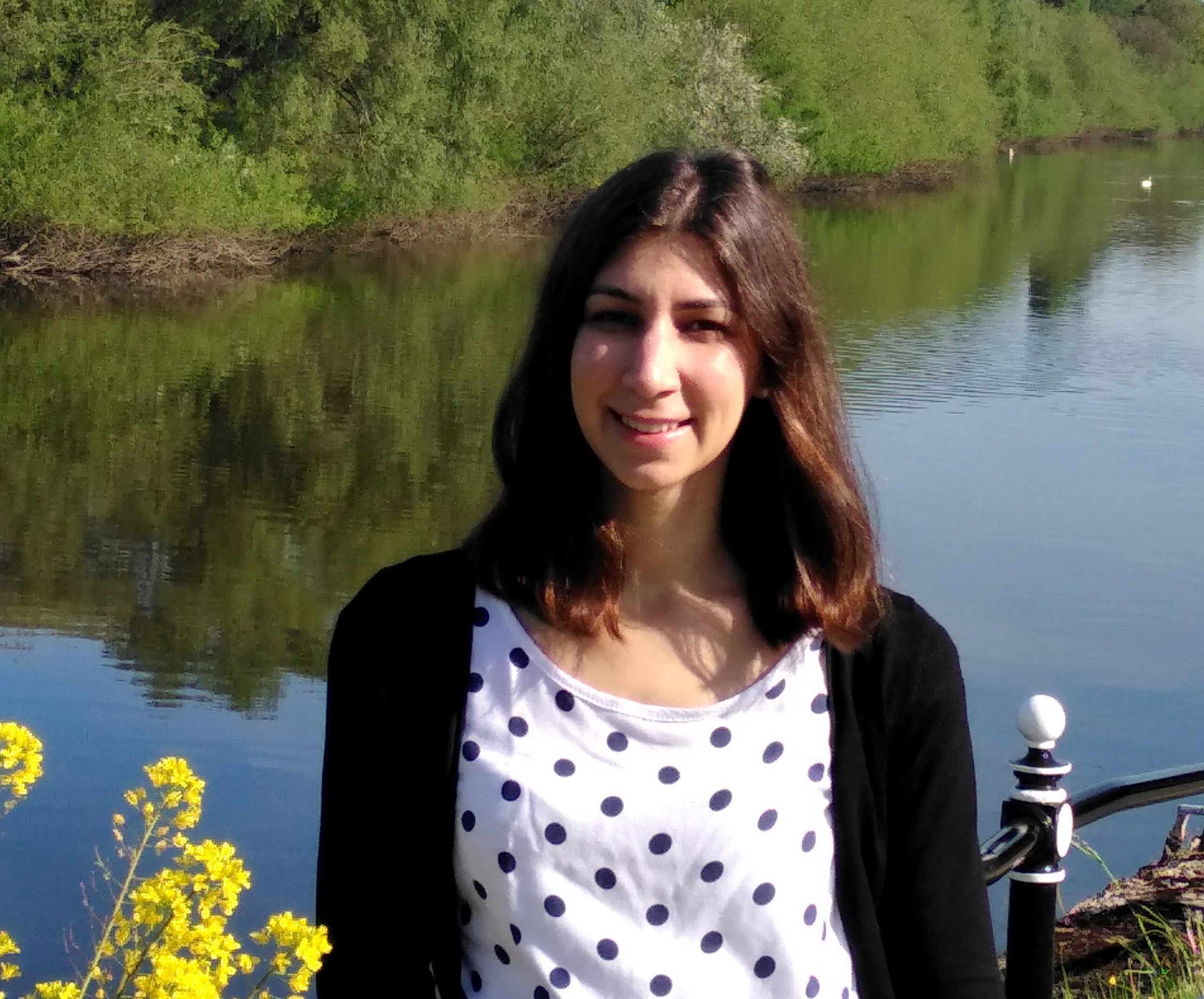
Catarina Mateus
Coordinator
MARE-UÉvora
-
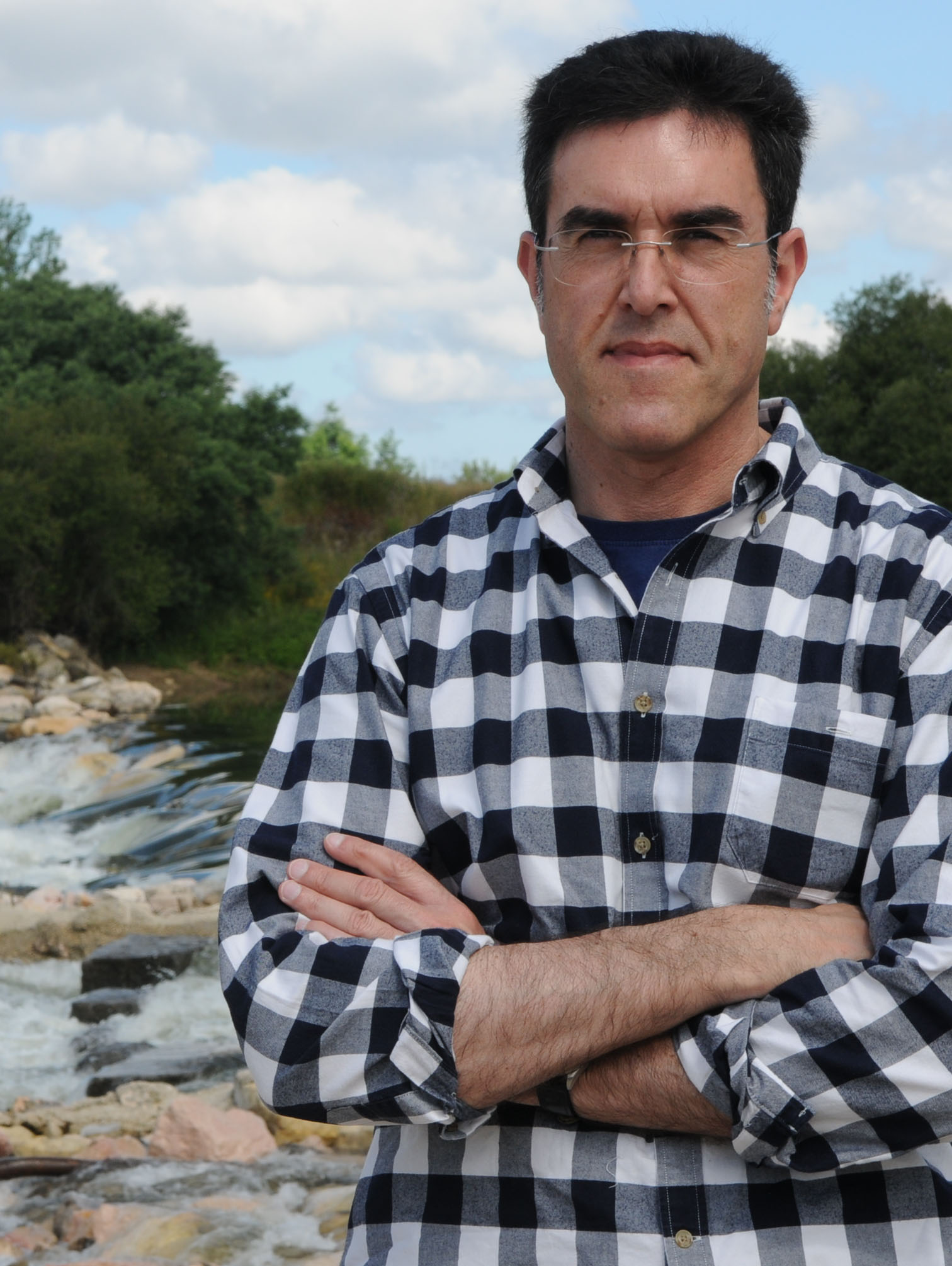
Pedro Raposo de Almeida
Co-coordinator
MARE-UÉvora
-
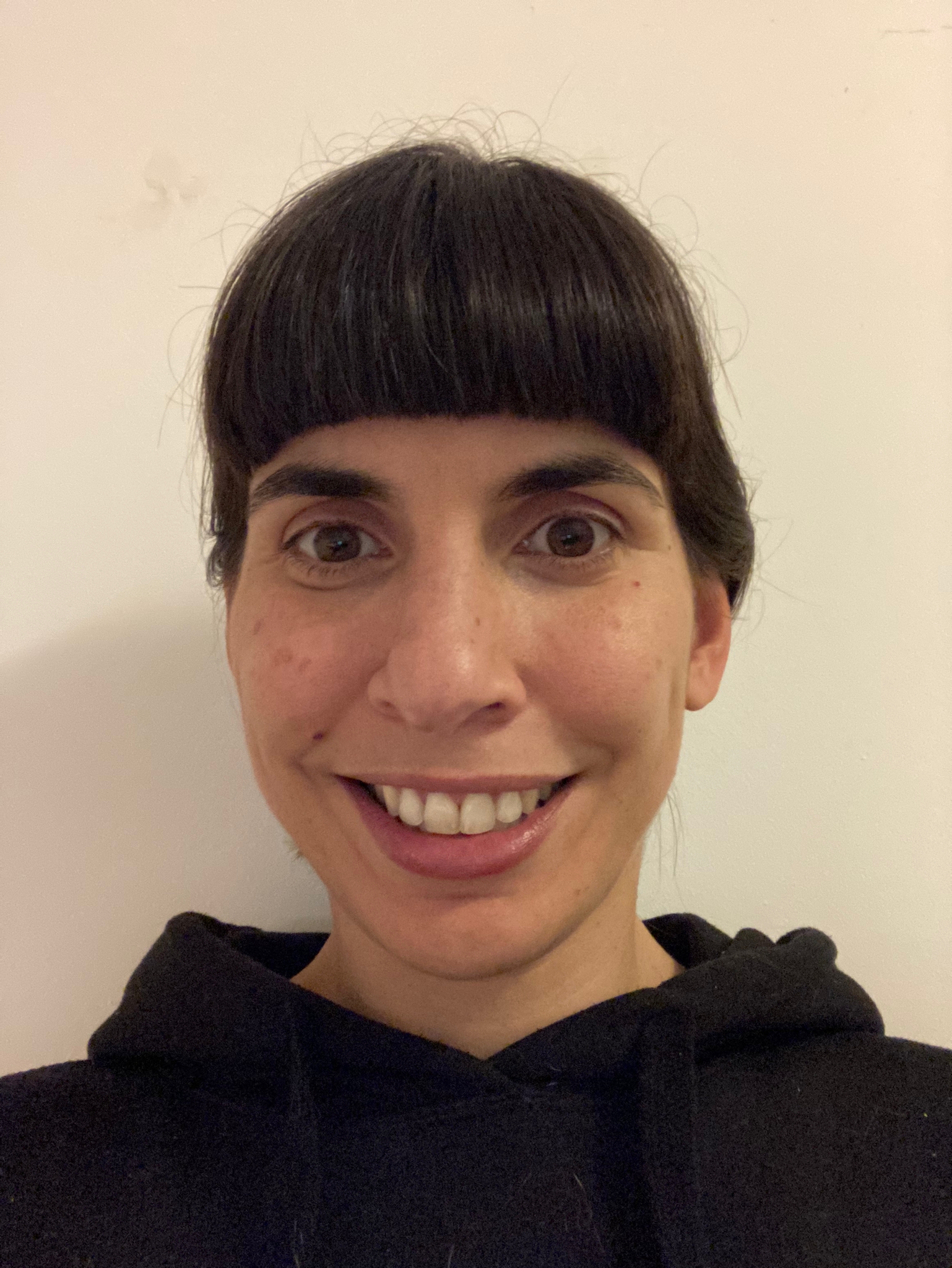
Joana Boavida-Portugal
Project Manager
MARE-UÉvora
-
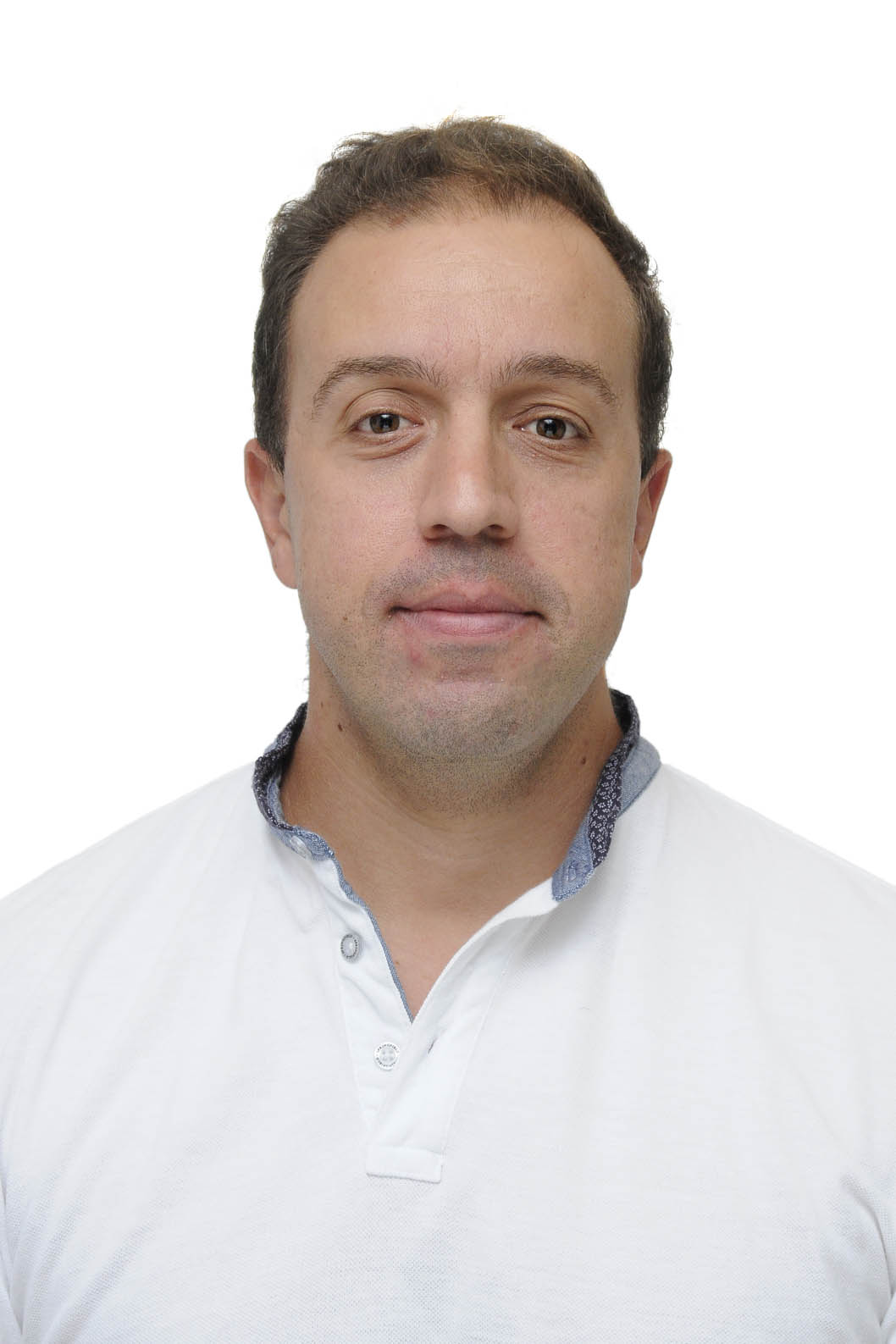
Carlos Alexandre
Researcher
MARE-UÉvora
-
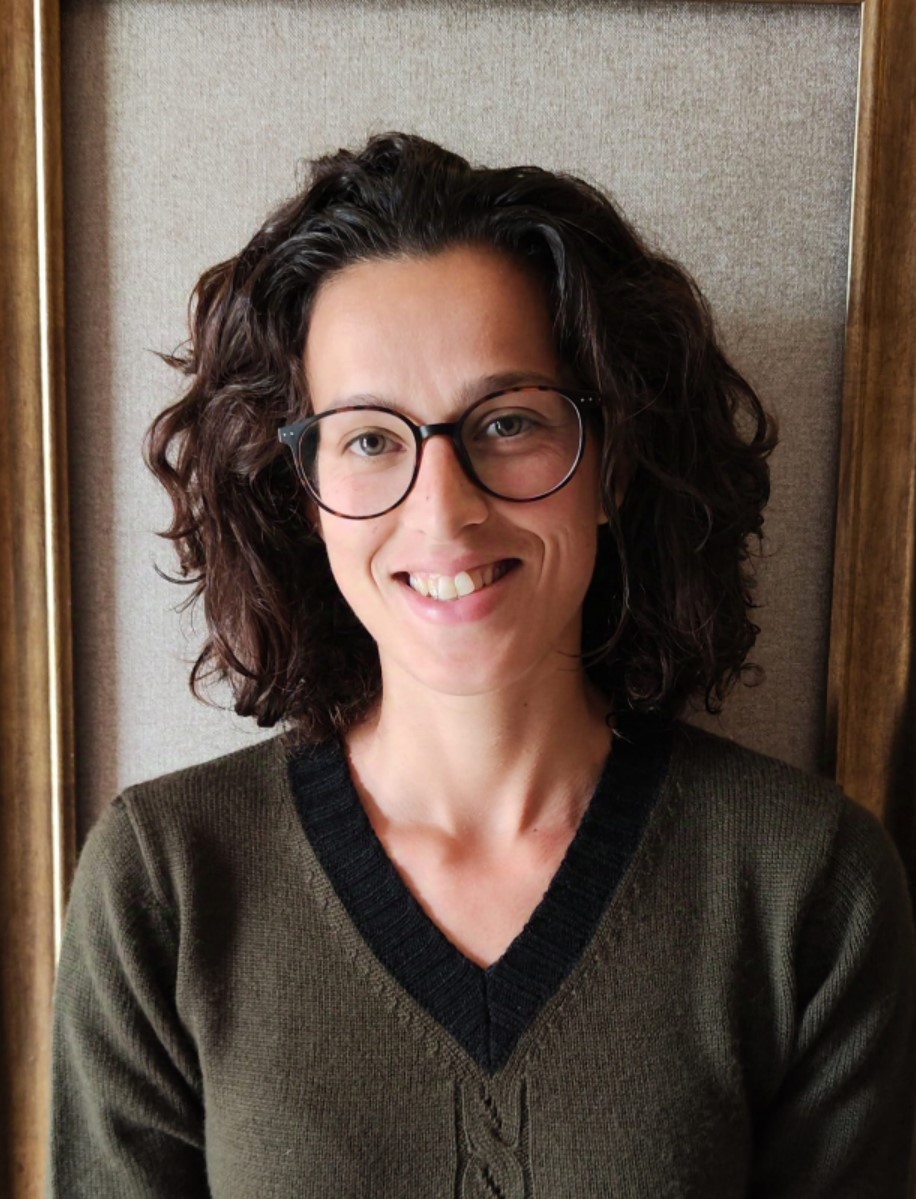
Esmeralda Pereira
PhD student
MARE-UÉvora
-
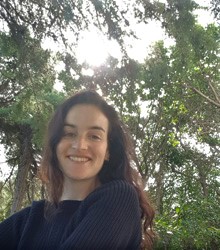
Ana Filipa Belo
PhD student
MARE-UÉvora
-
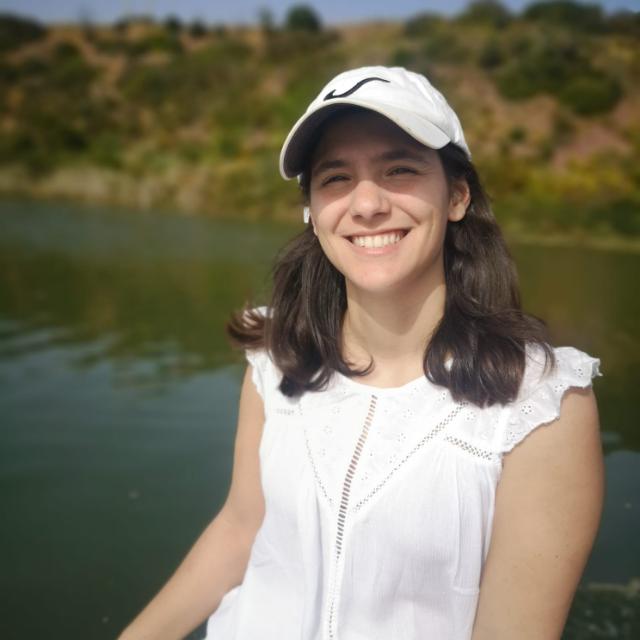
Inês Oliveira
PhD student
MARE-UÉvora
-
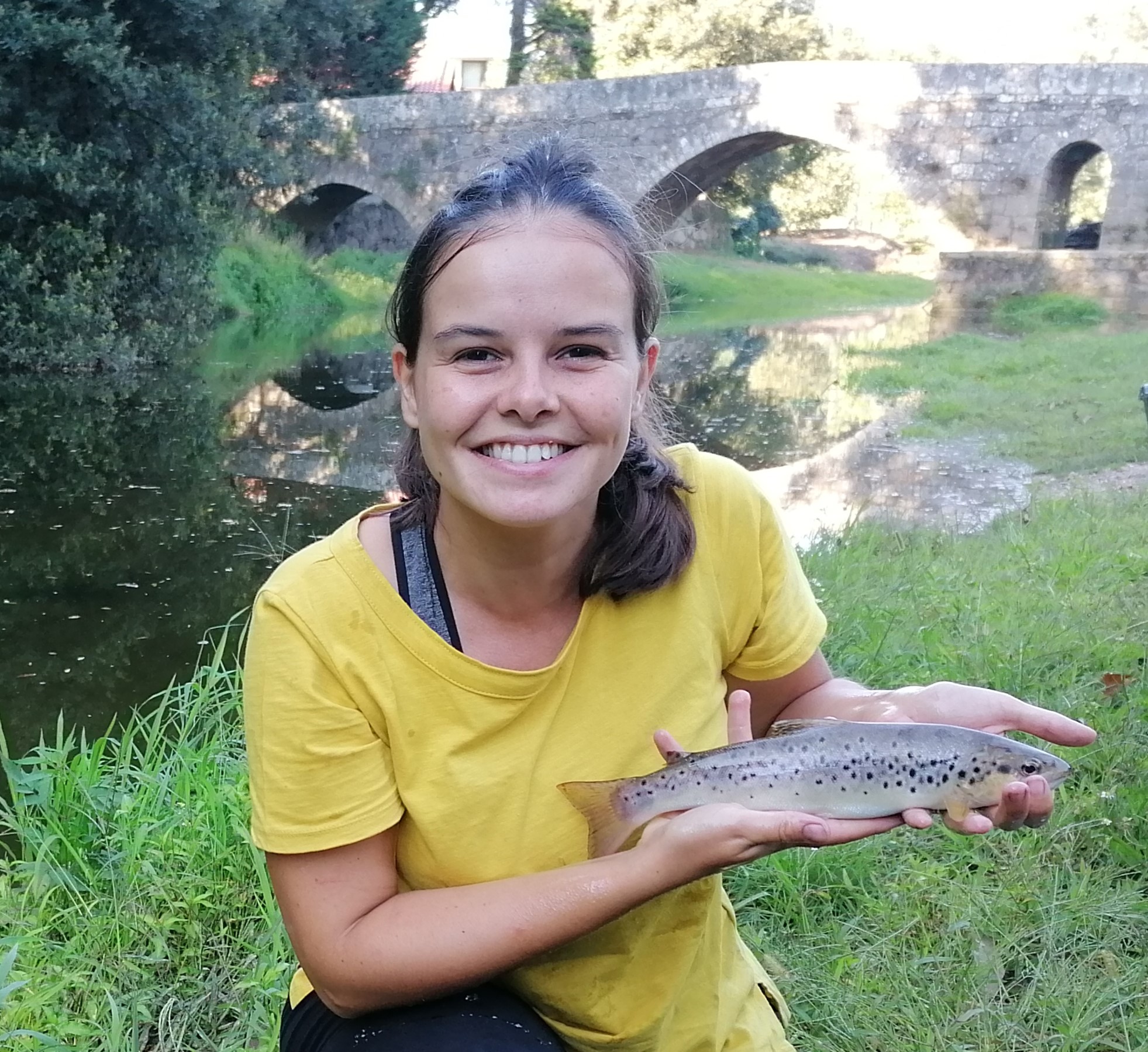
Sara Silva
PhD student
MARE-UÉvora
-
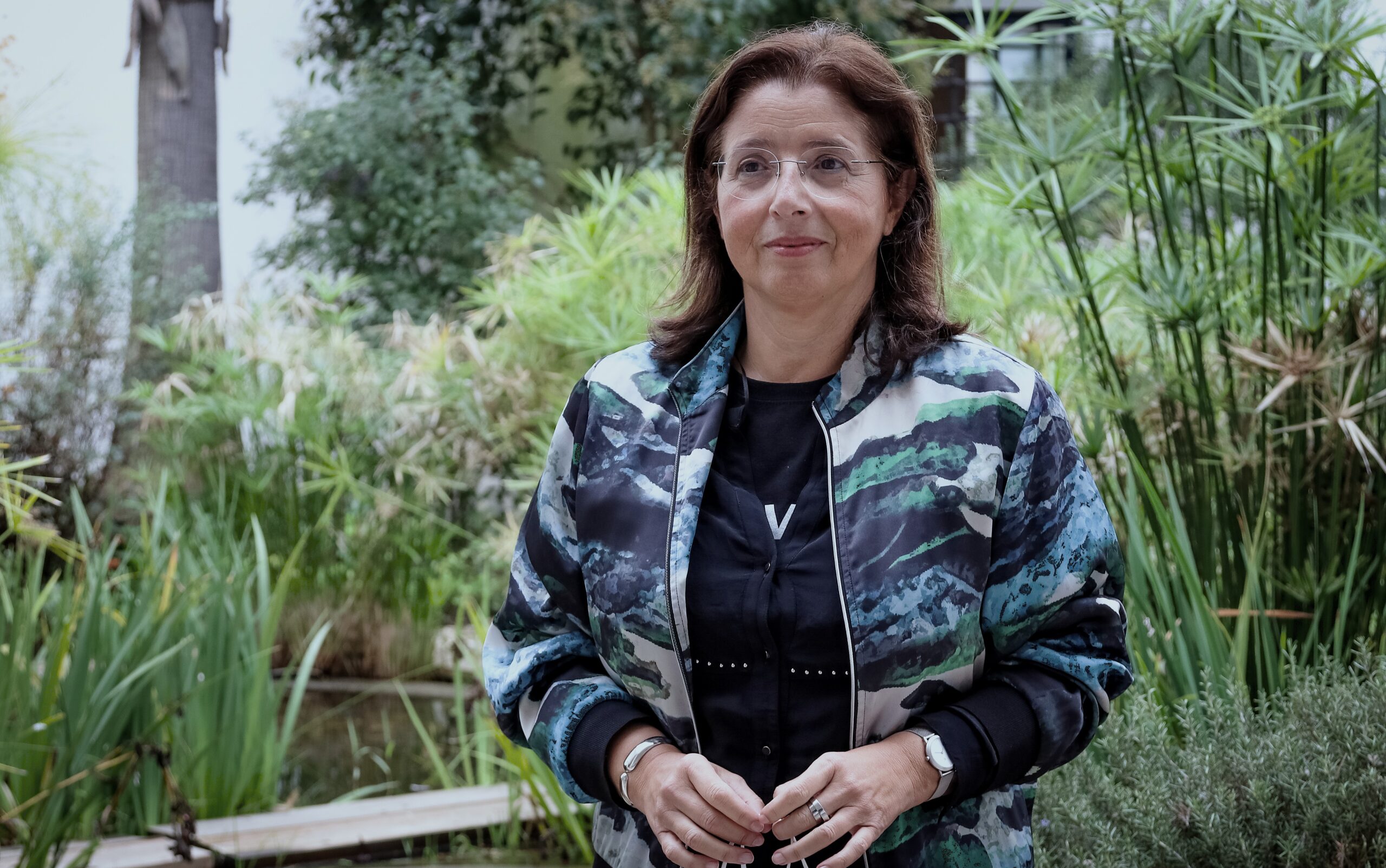
Helena Adão
Researcher
MARE-UÉvora
-

Maria João Lança
Researcher
MED-UÉvora
-
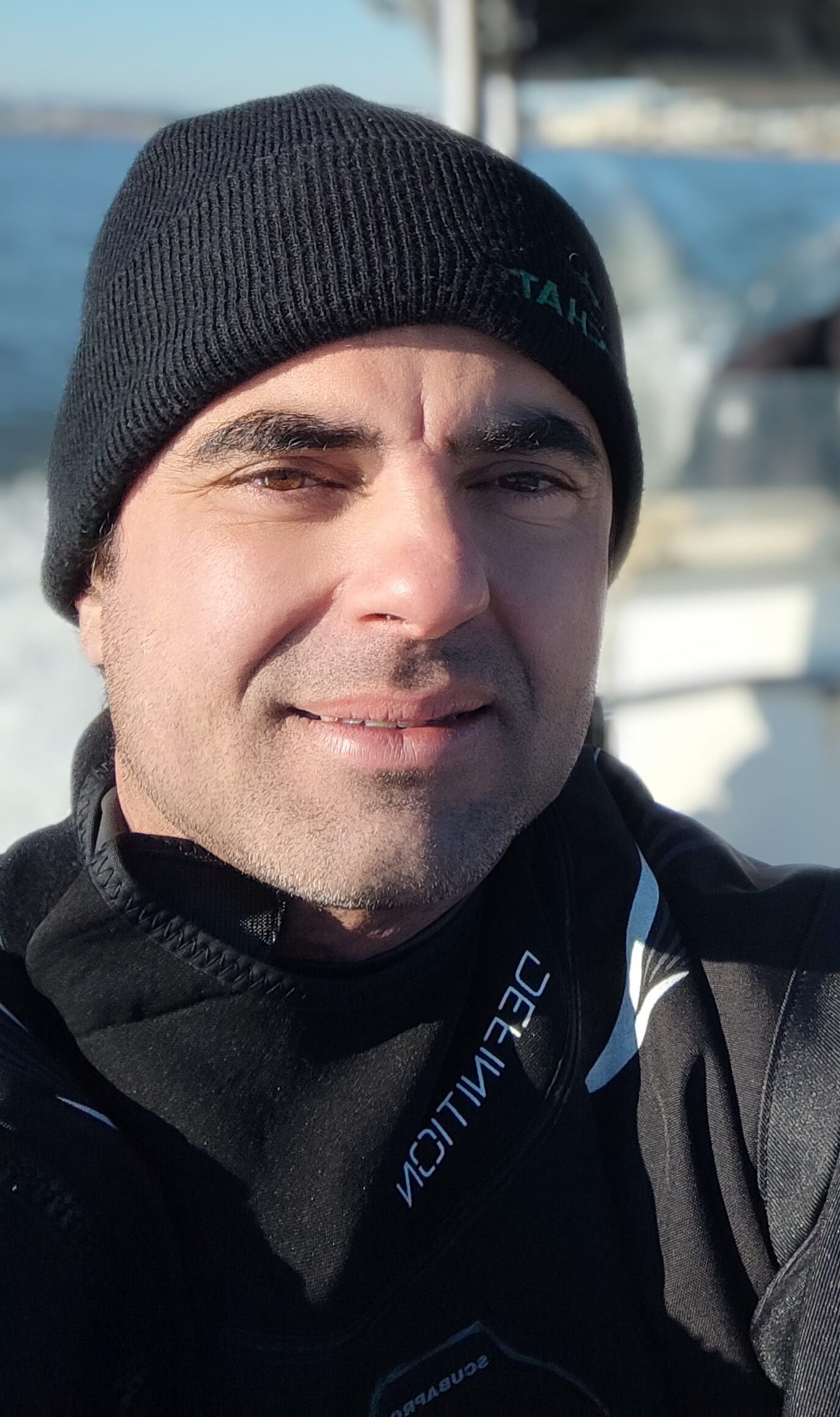
Bernardo Quintella
Researcher
FCUL
-
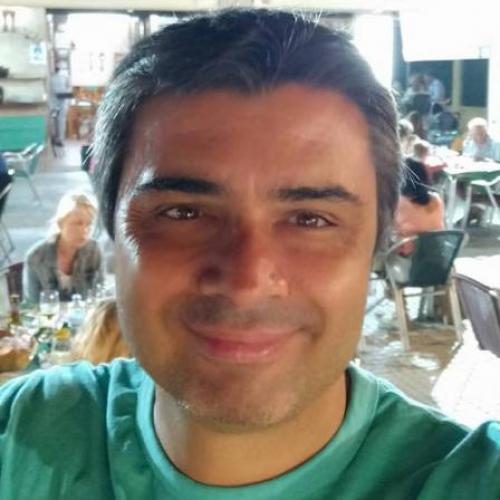
Bruno Pinto
Researcher
FCUL
-
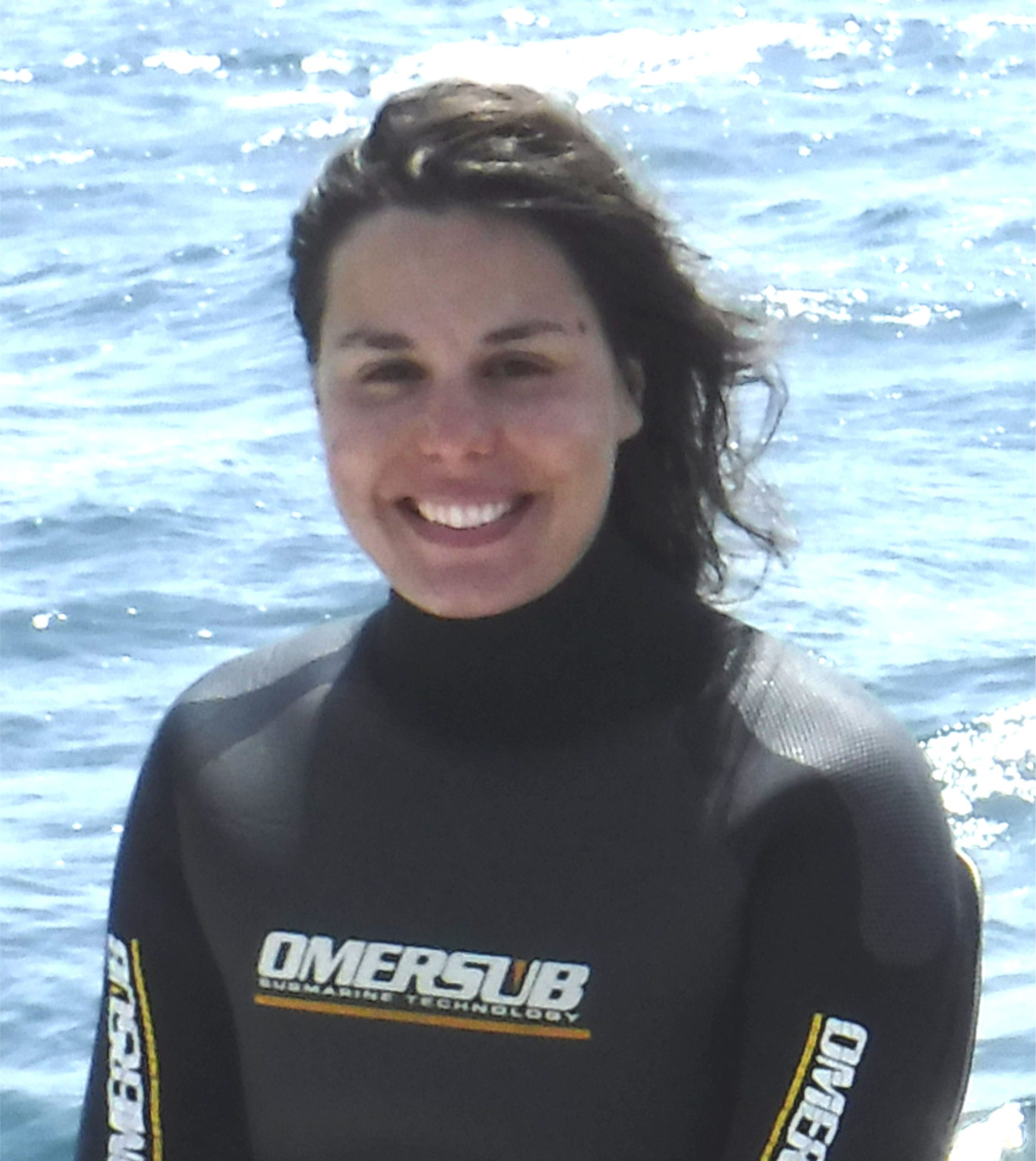
Filipa Silva
PhD student
FCUL
-
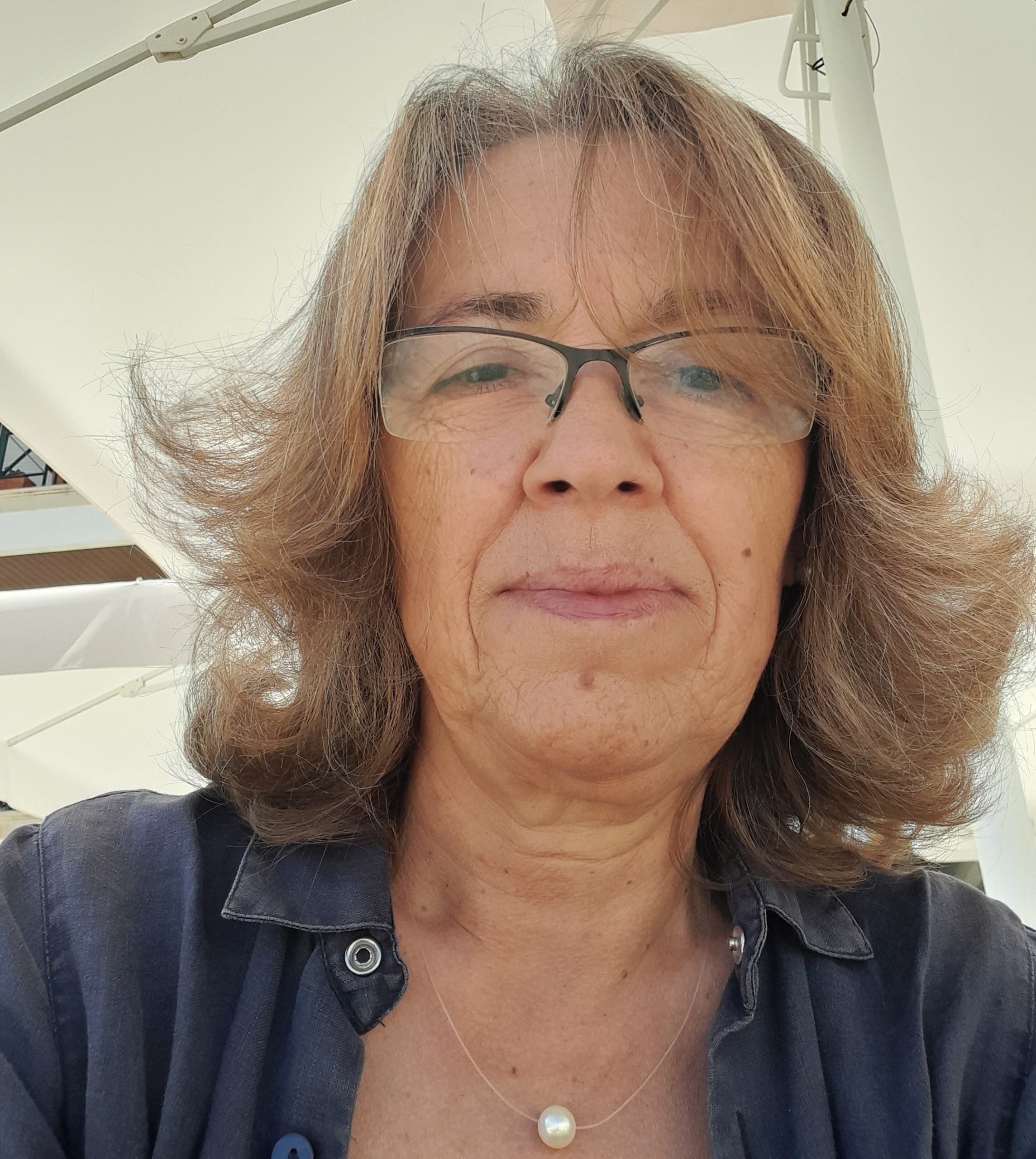
Isabel Domingos
Researcher
FCUL
-
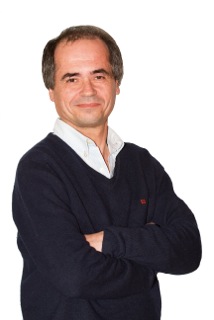
José Lino Costa
Researcher
FCUL
-
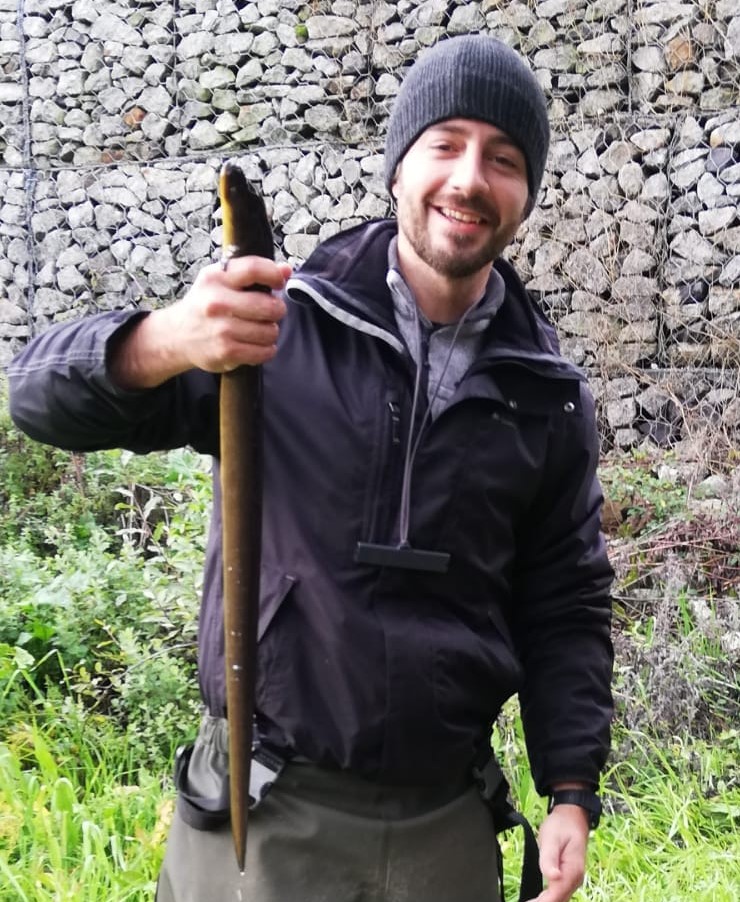
Rui Monteiro
PhD student
FCUL
-
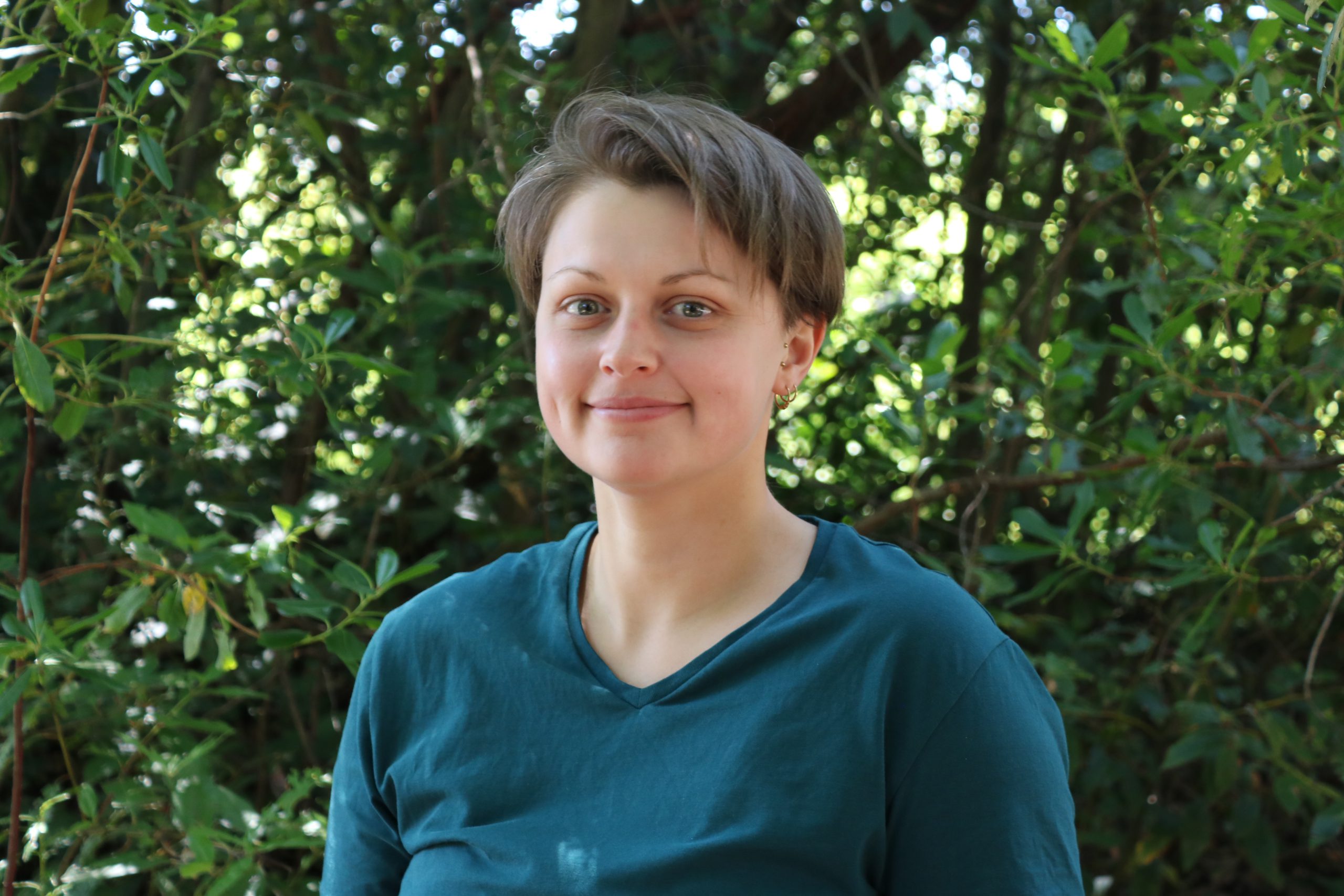
Anais Janc
Researcher
INRAE
-
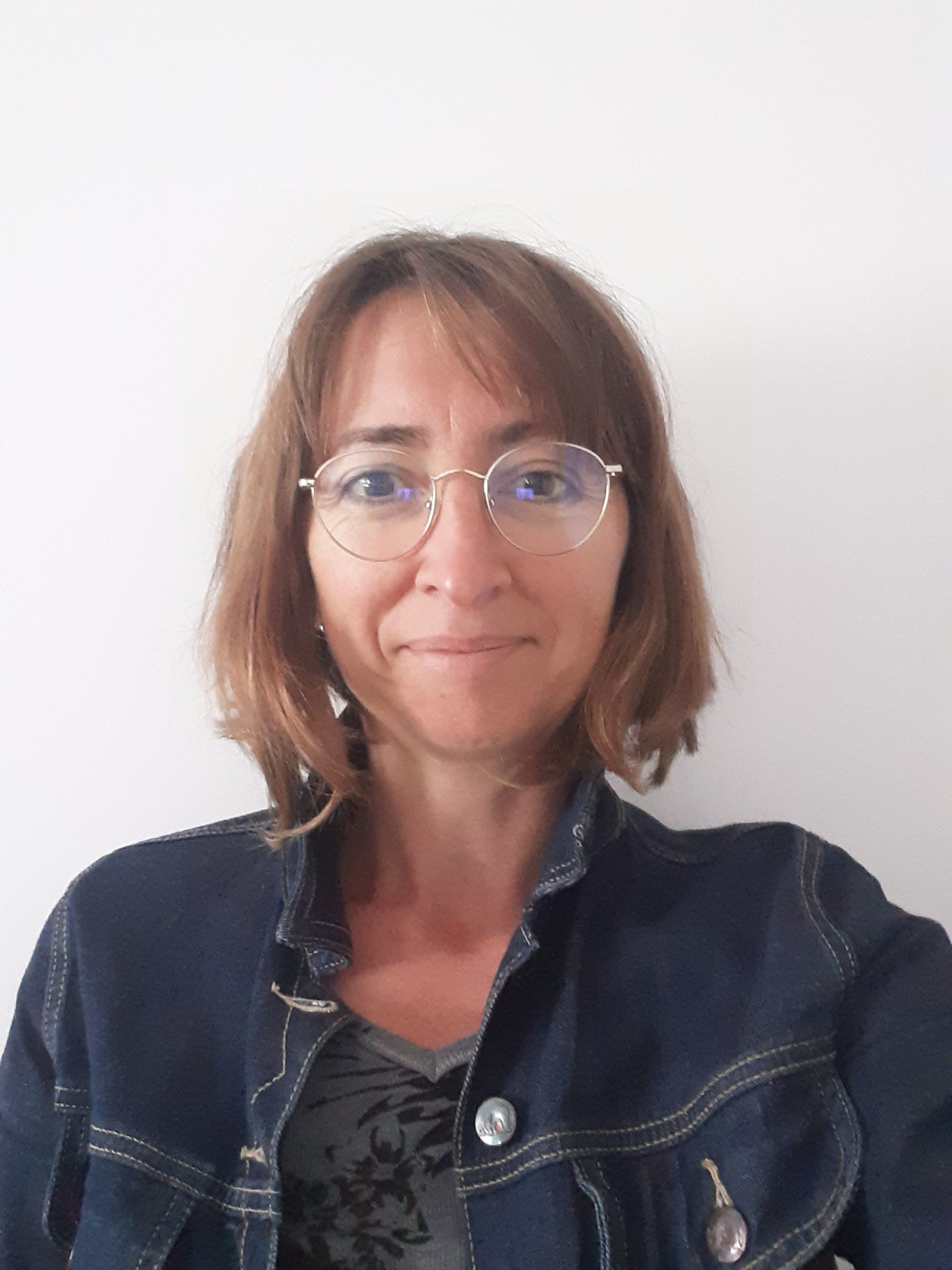
Anne laure Besnard
Researcher
INRAE
-
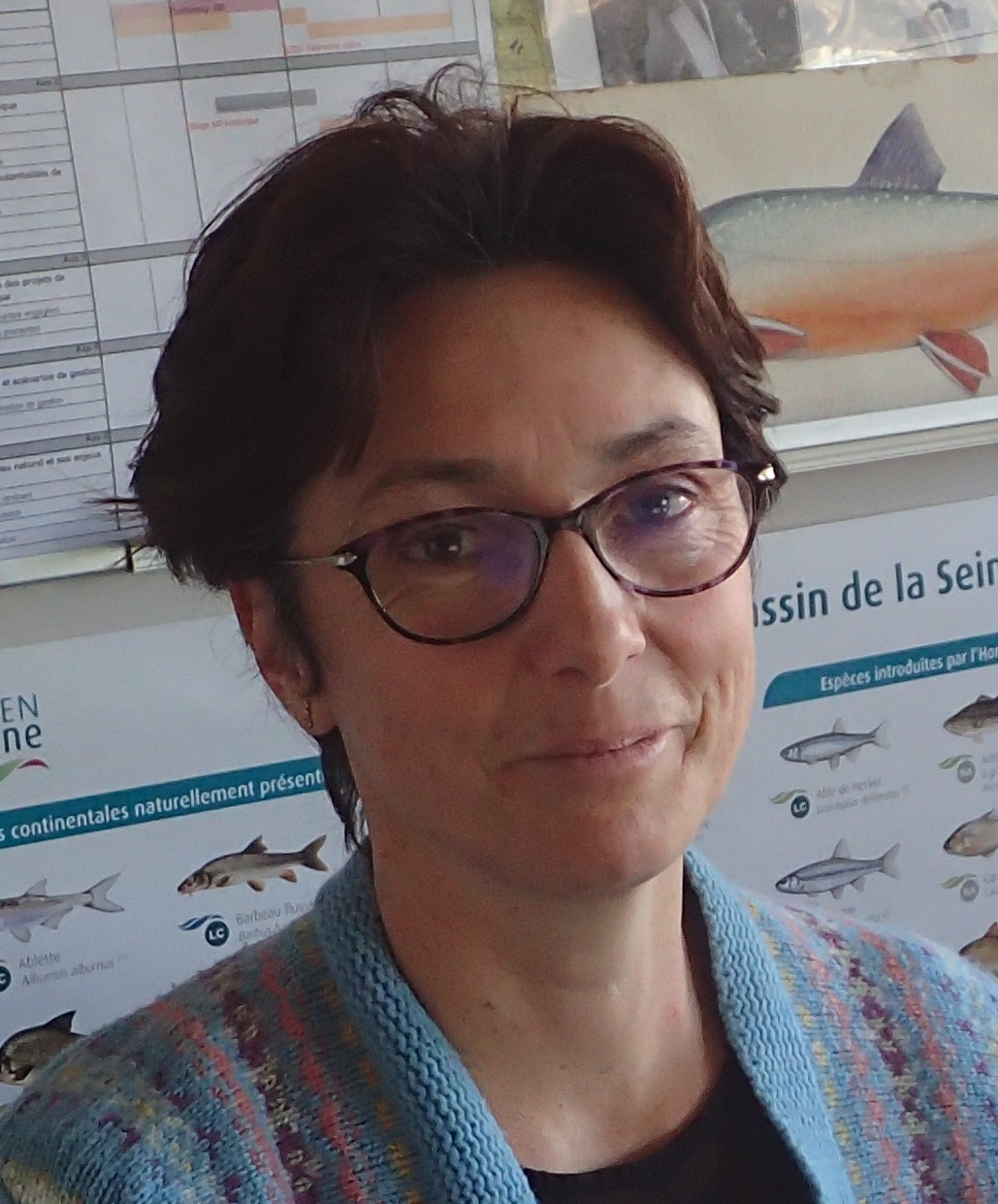
Celine Le Pichon
Researcher
INRAE
-
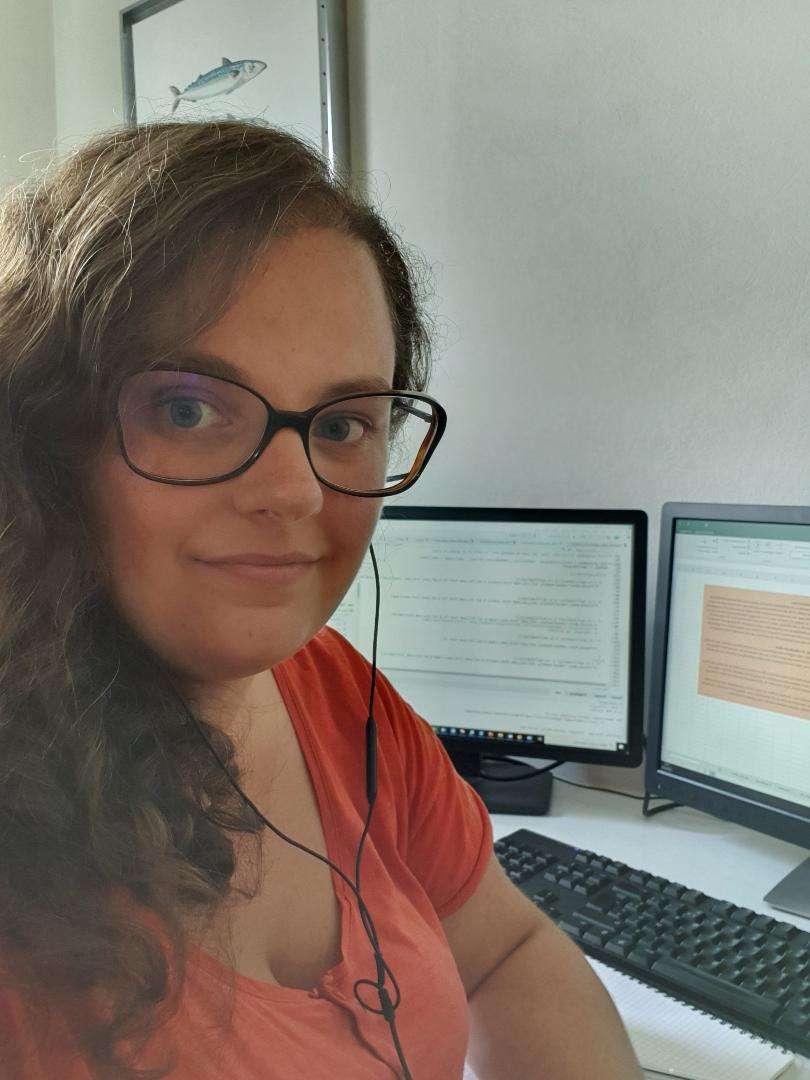
Clarisse Boulenger
Researcher
INRAE
-
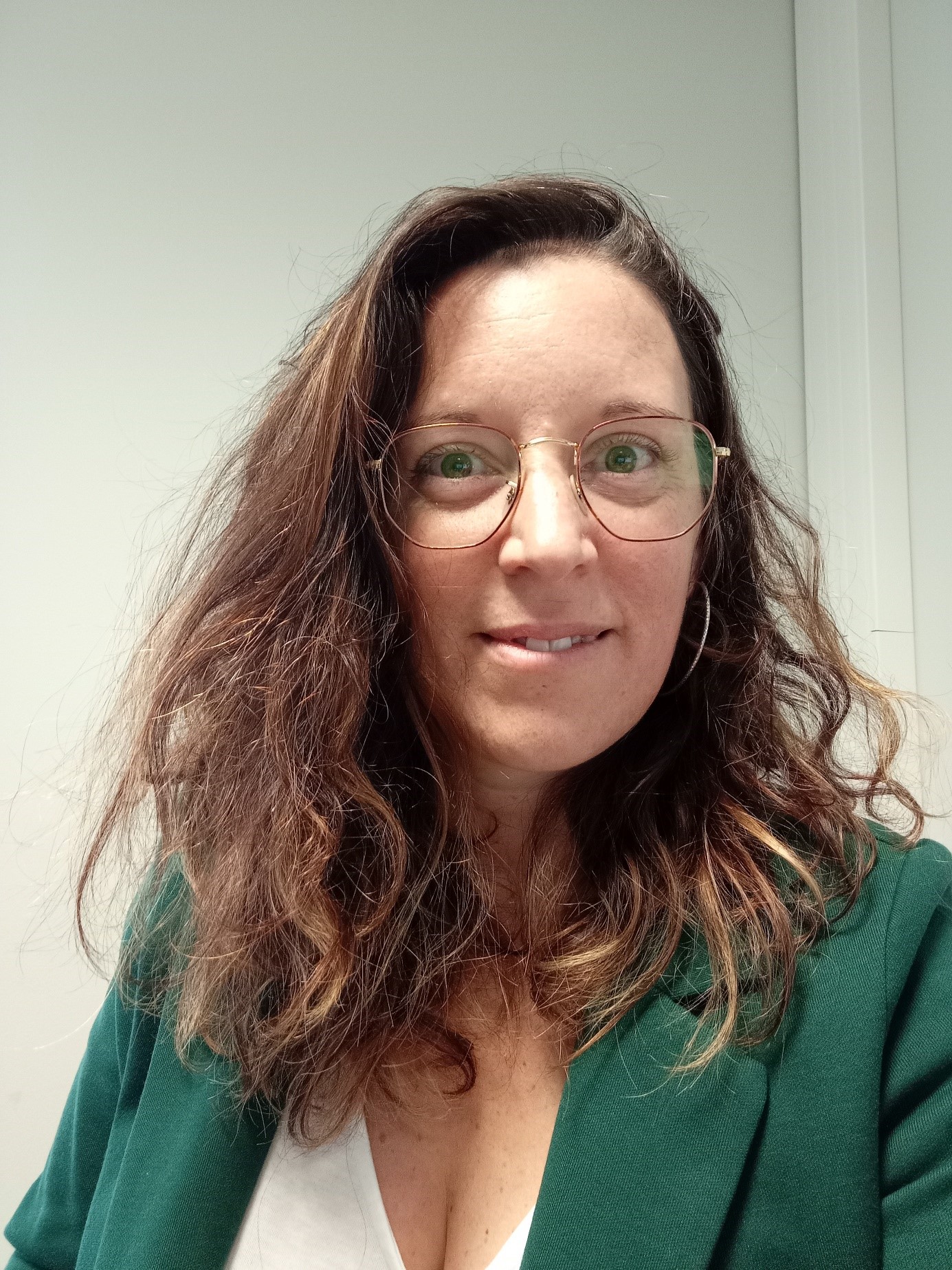
Elise Gauteur
Researcher
INRAE
-
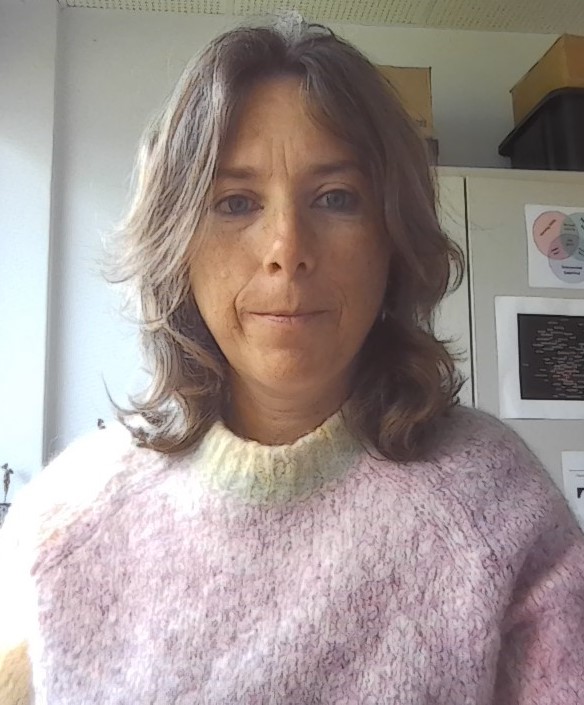
Francoise Daverat
Researcher
INRAE
-
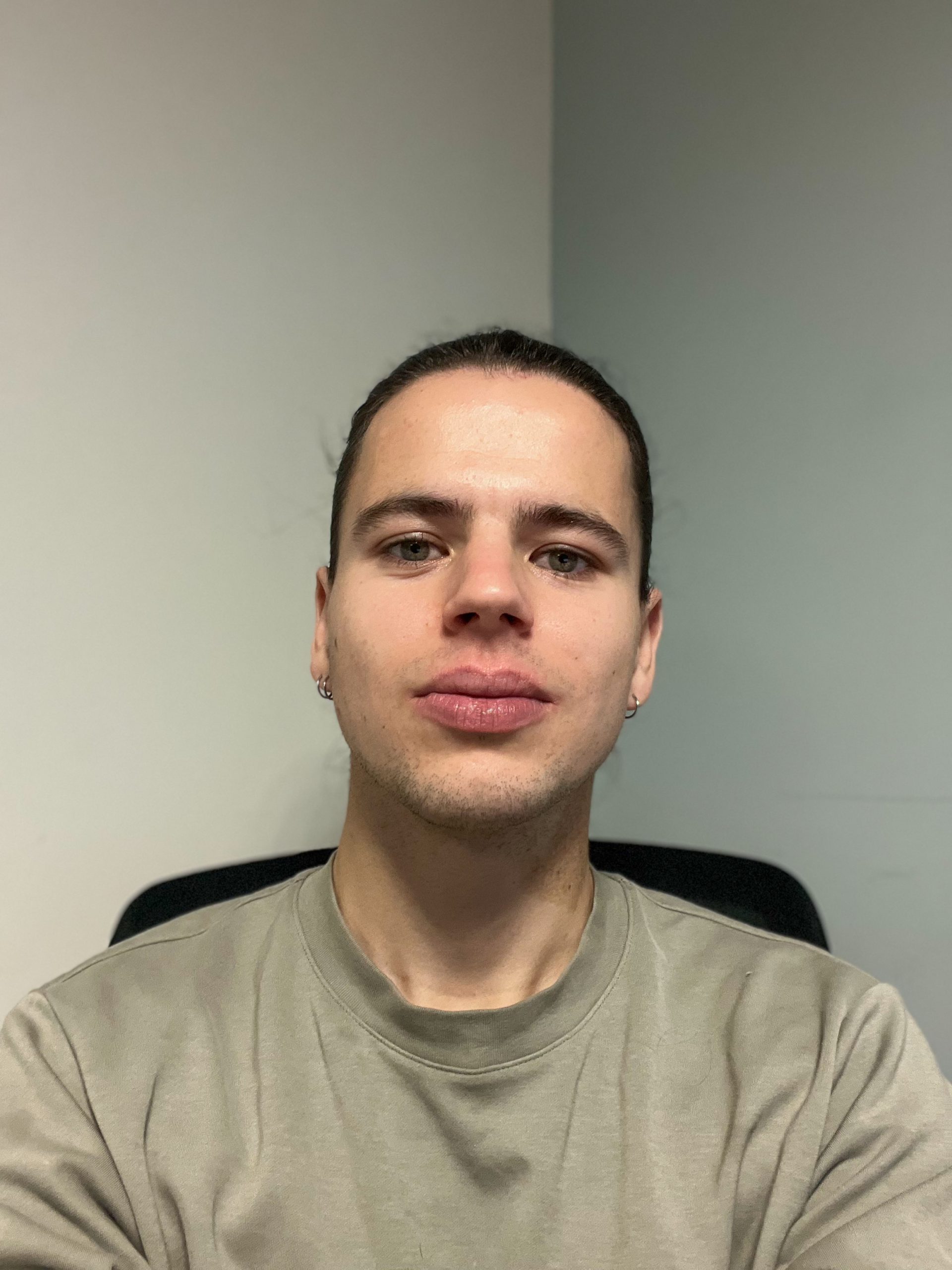
Gaspard Dubost
Researcher
INRAE
-
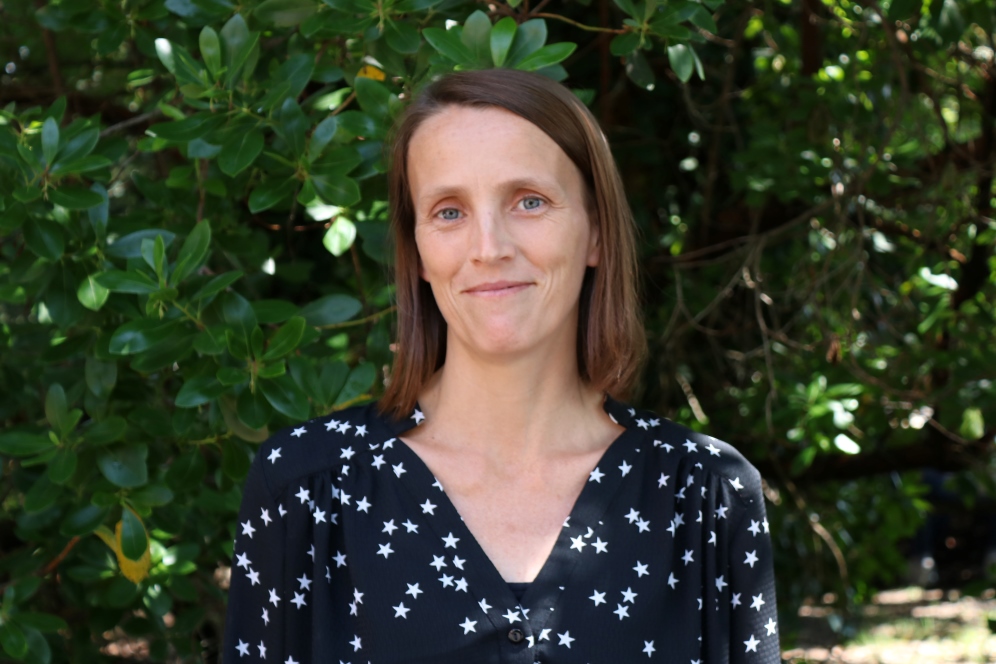
Géraldine Lassalle
Researcher
INRAE
-
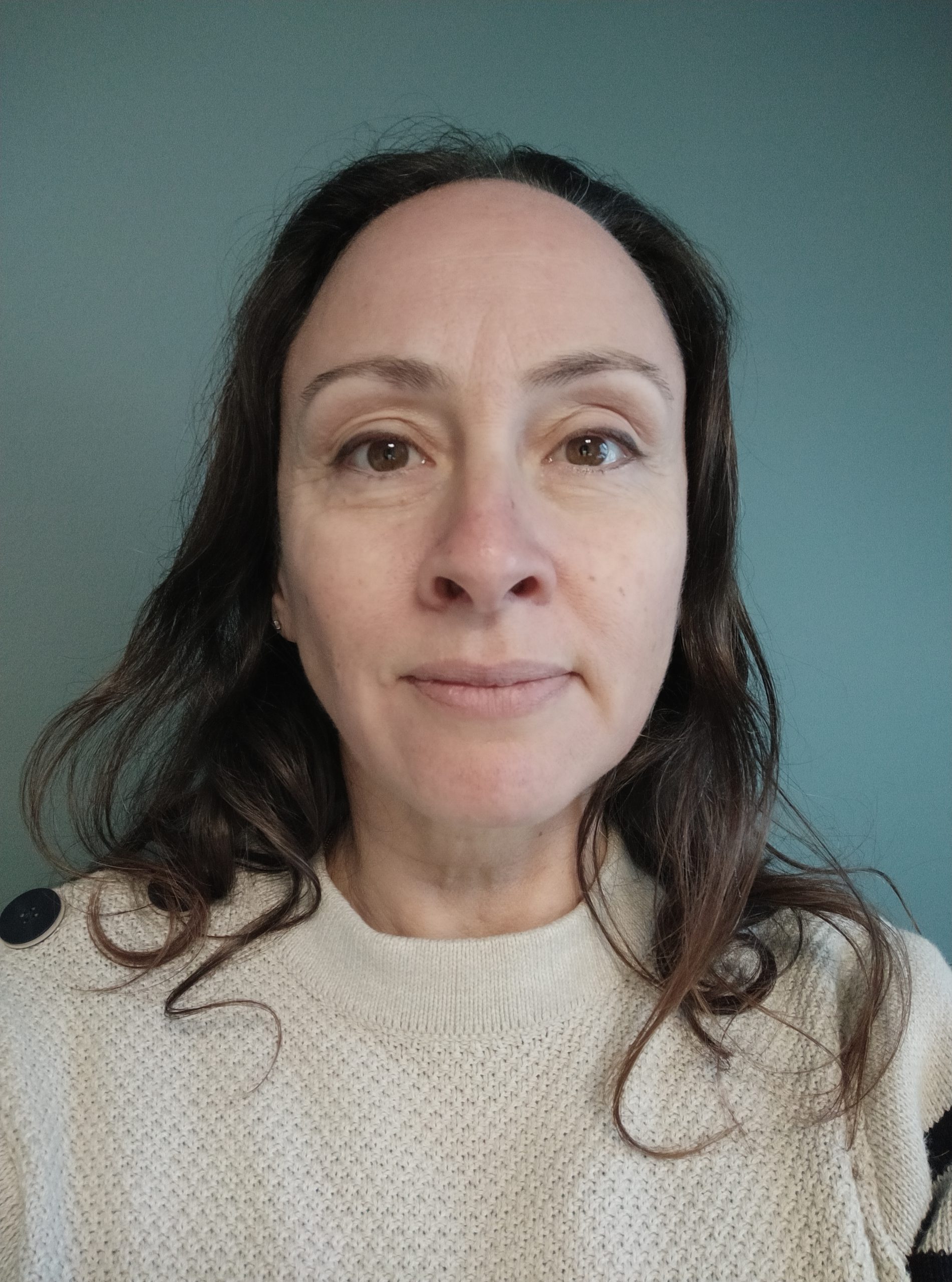
Marie Nevoux
Researcher
INRAE
-
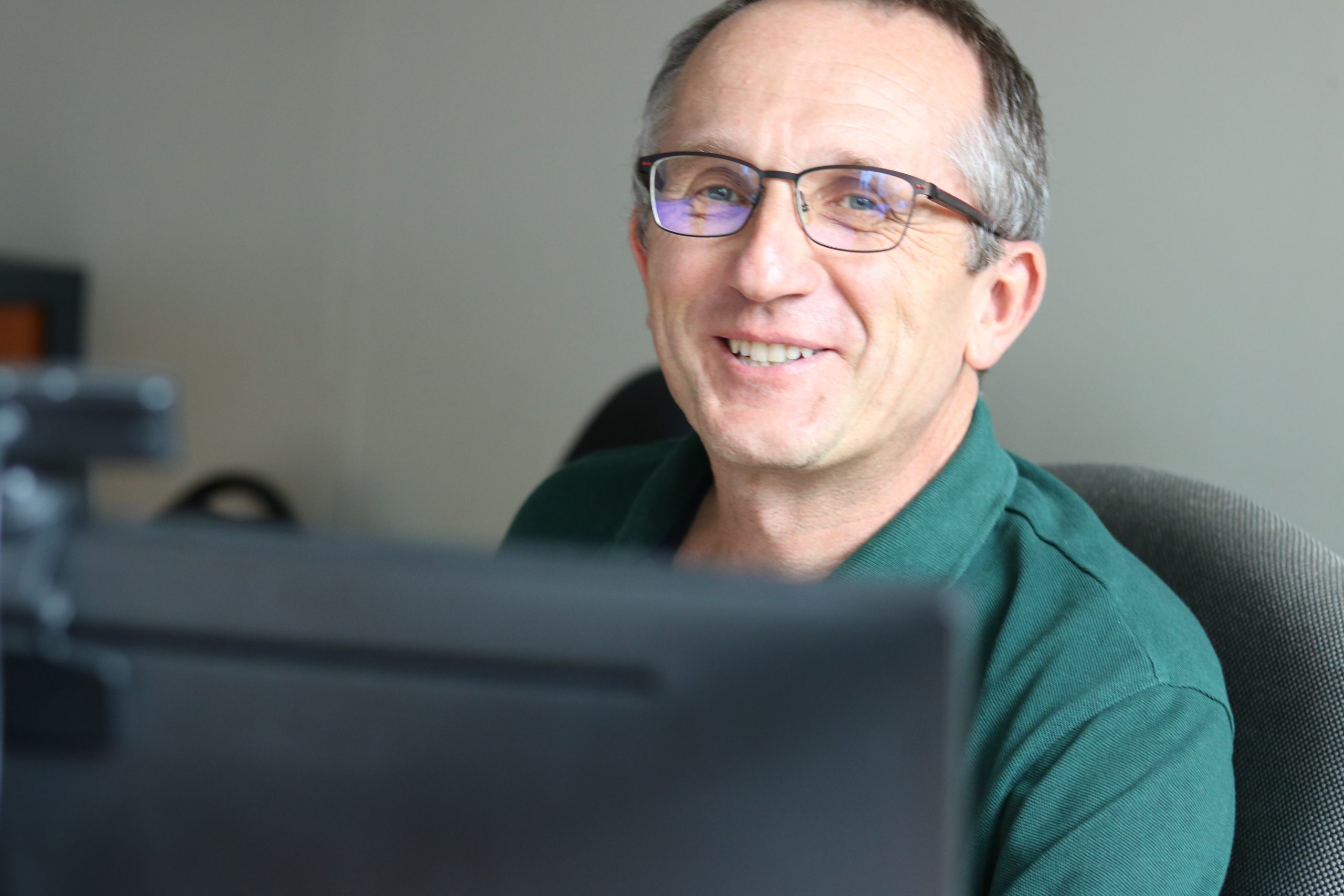
Patrick Lambert
Researcher
INRAE
-
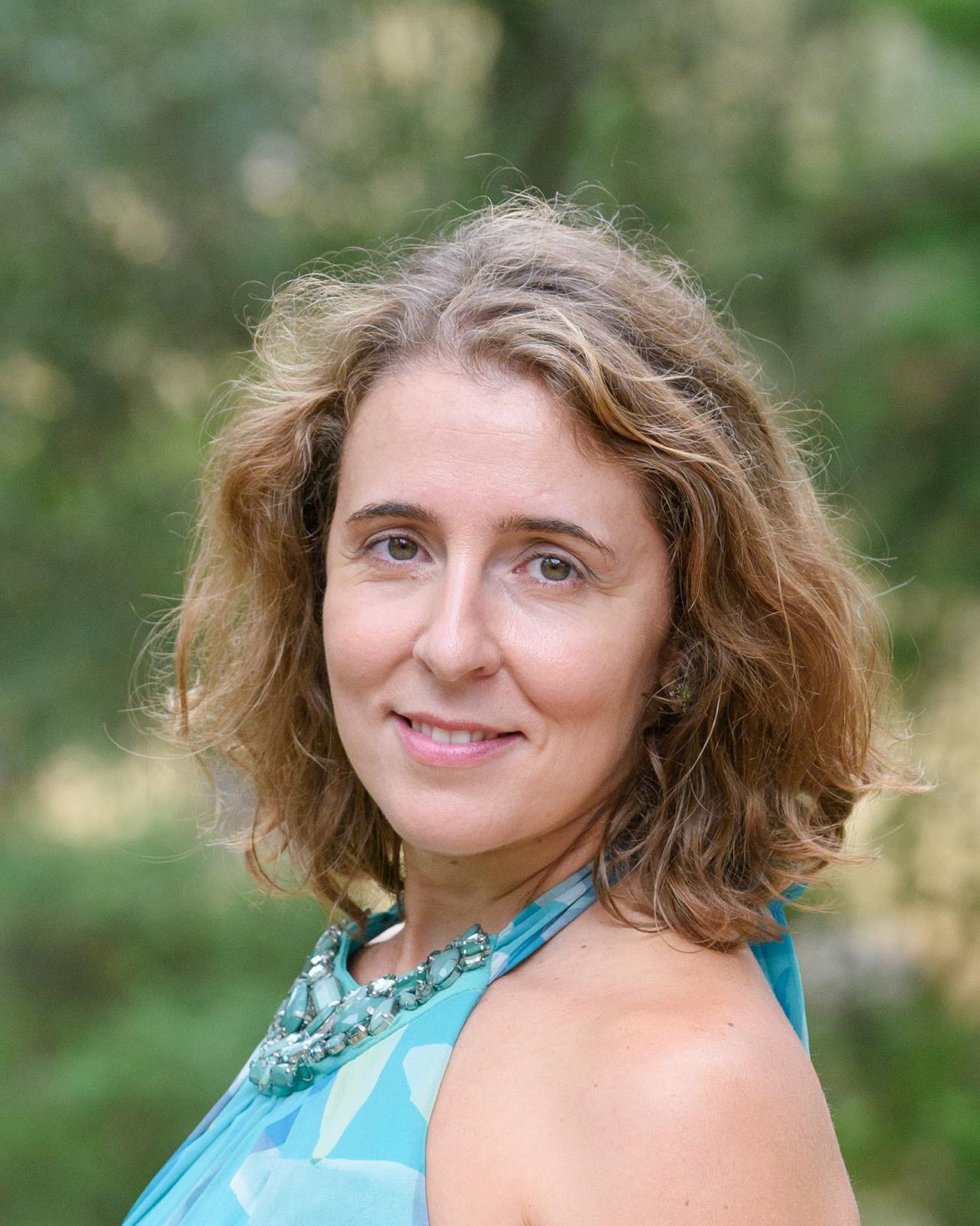
Bárbara Serra Pereira
Researcher
IPMA
-
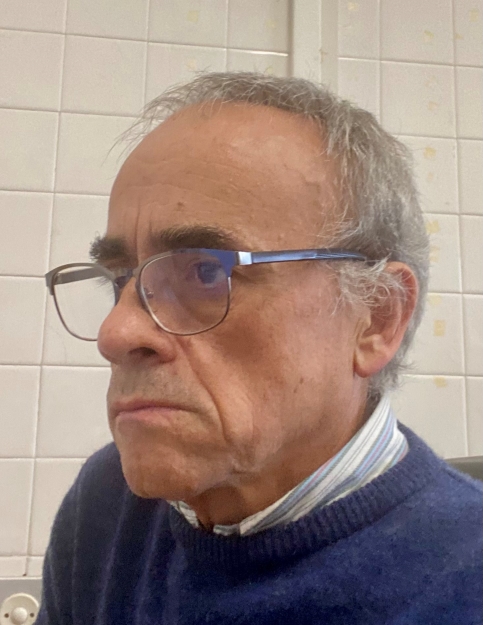
João Pereira
Researcher
IPMA
-
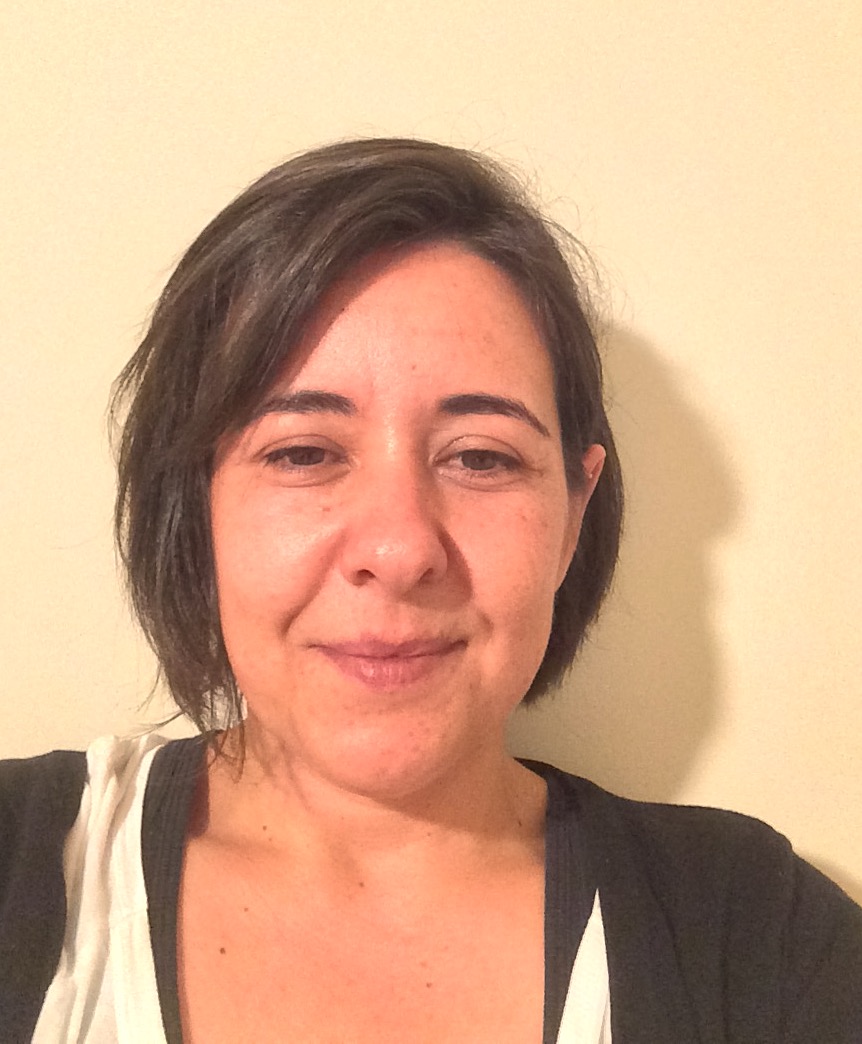
Marta Gonçalves
Researcher
IPMA
-
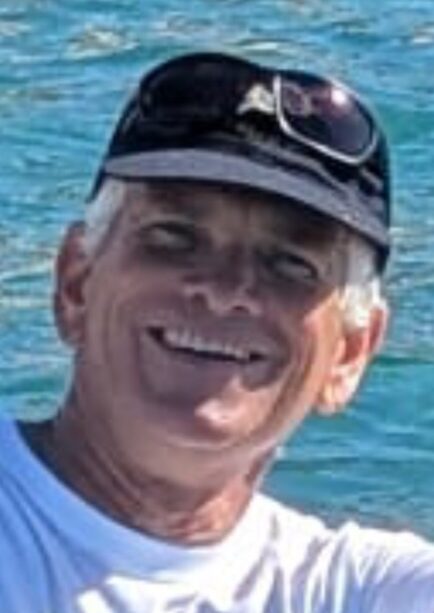
Paulo Oliveira
Researcher
IPMA
-
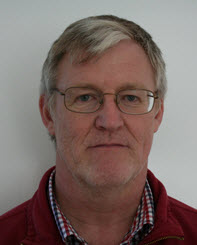
Russell Poole
Researcher
MI
-
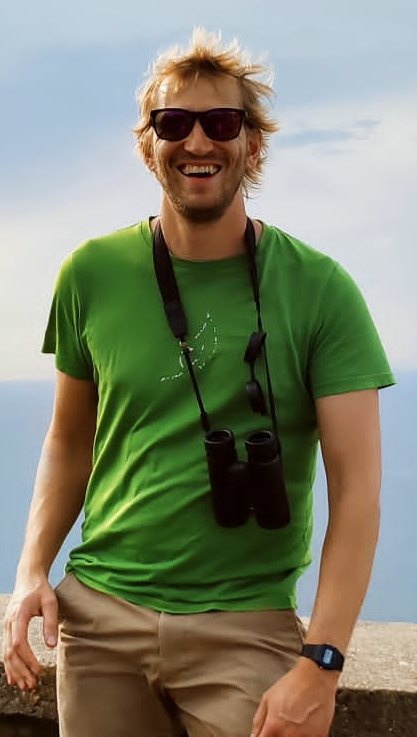
Luke Batts
Researcher
MI
-

Ciara O´Leary
Researcher
IFI
-
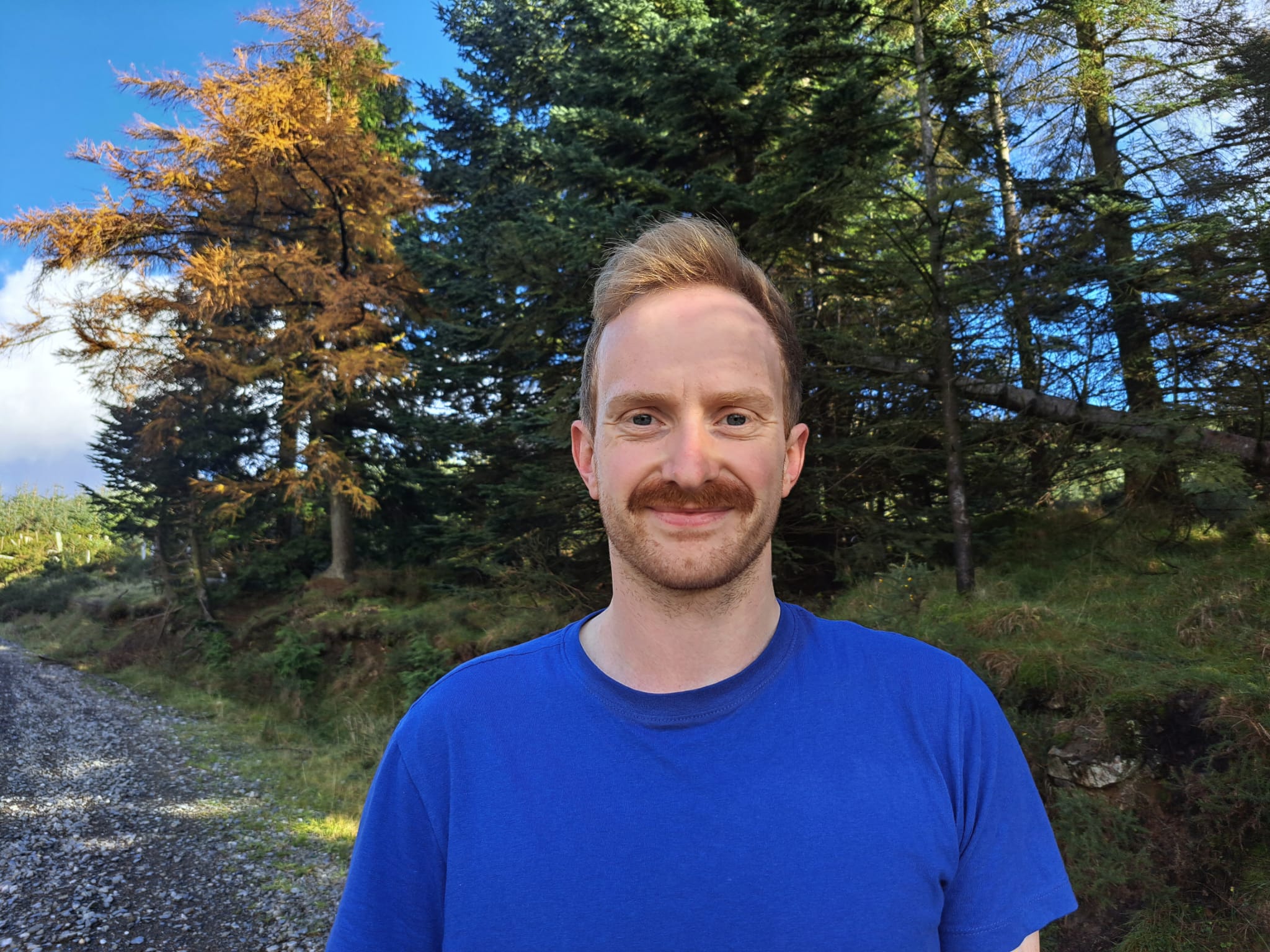
Anthony Brett
Researcher
IFI
-

Eric Feuteun
Researcher
MNHN
-
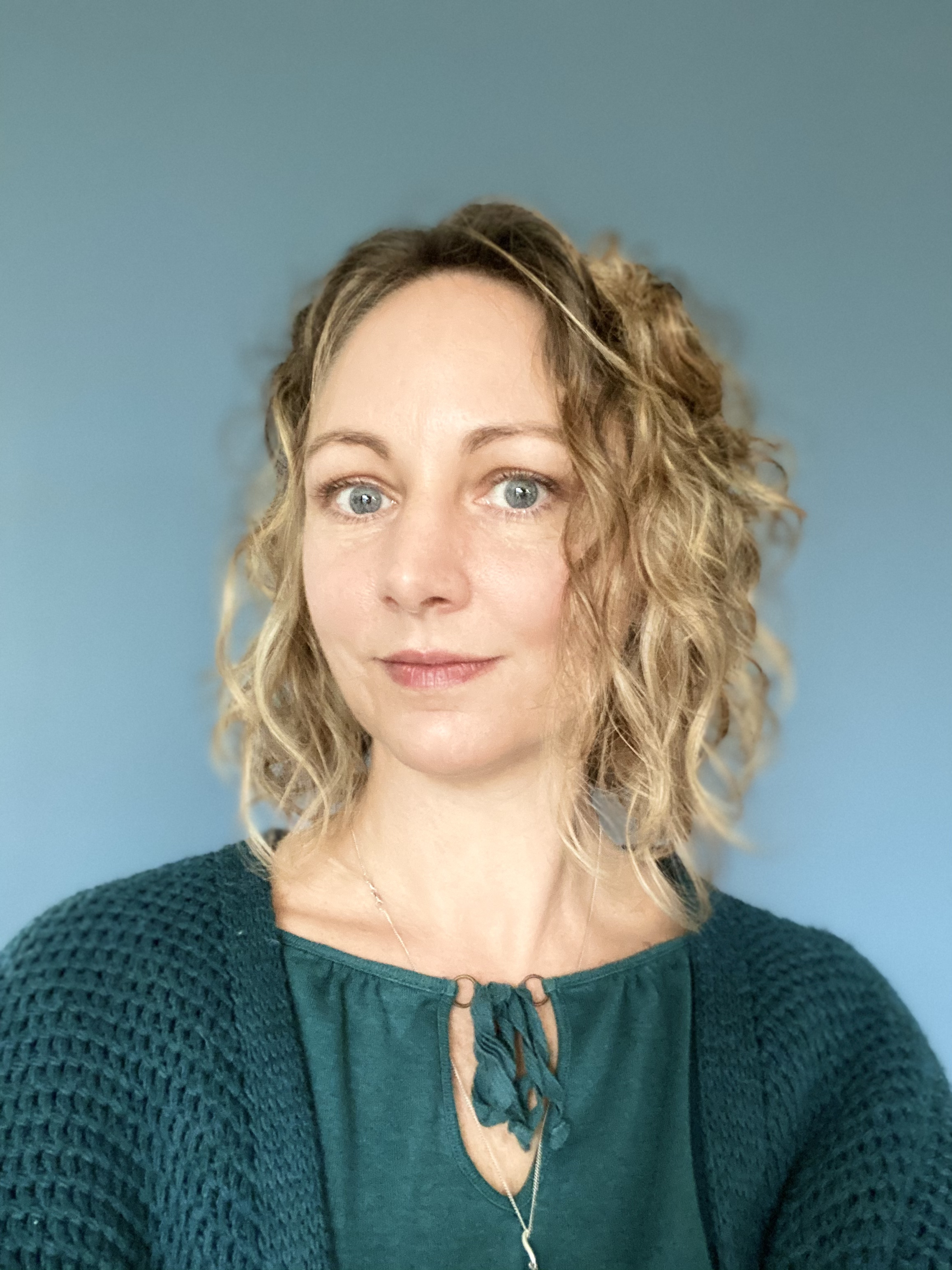
Anne Lizé
Researcher
MNHN
-
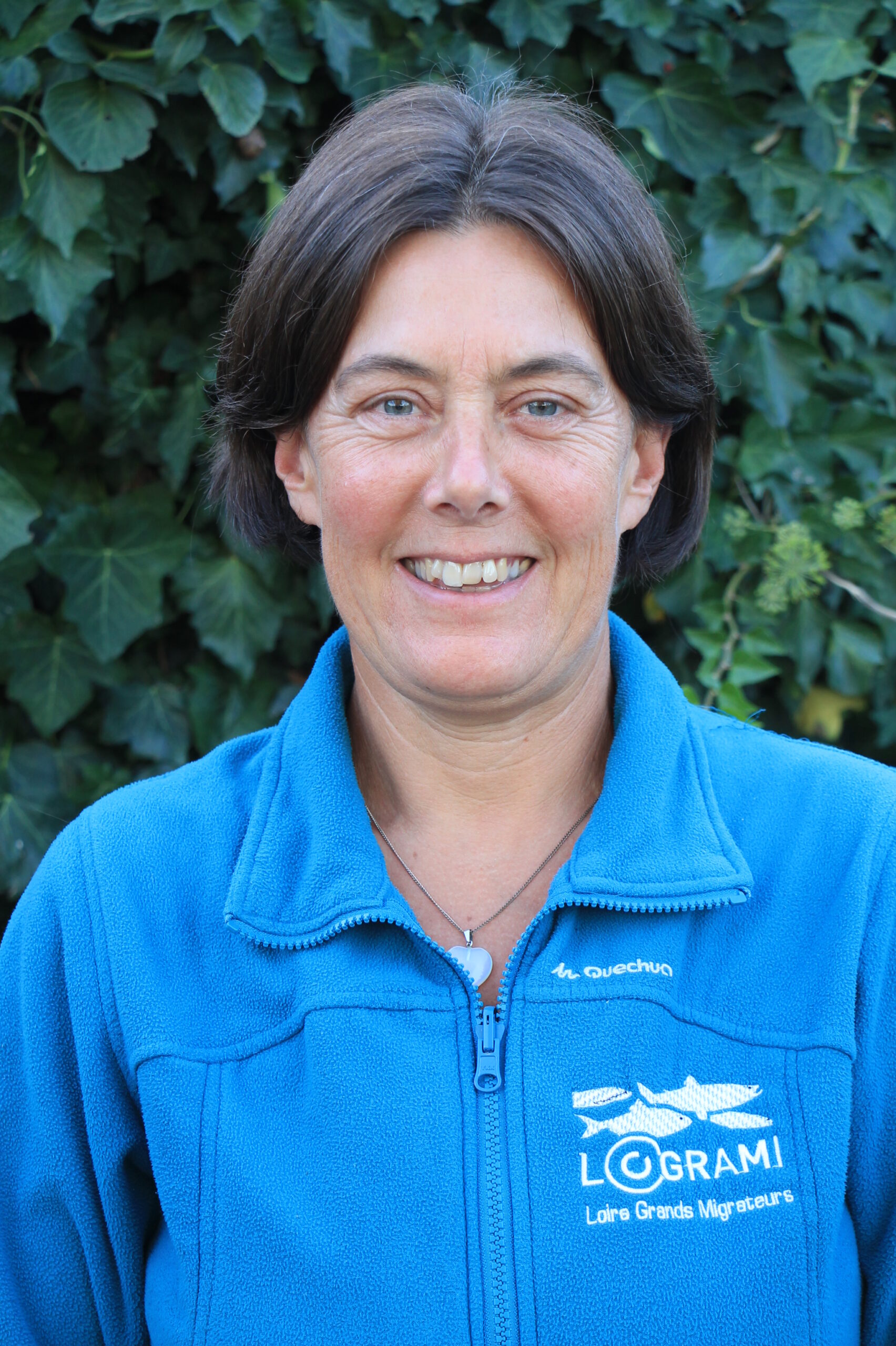
Aurore Baisez
Researcher
LOGRAMI
-
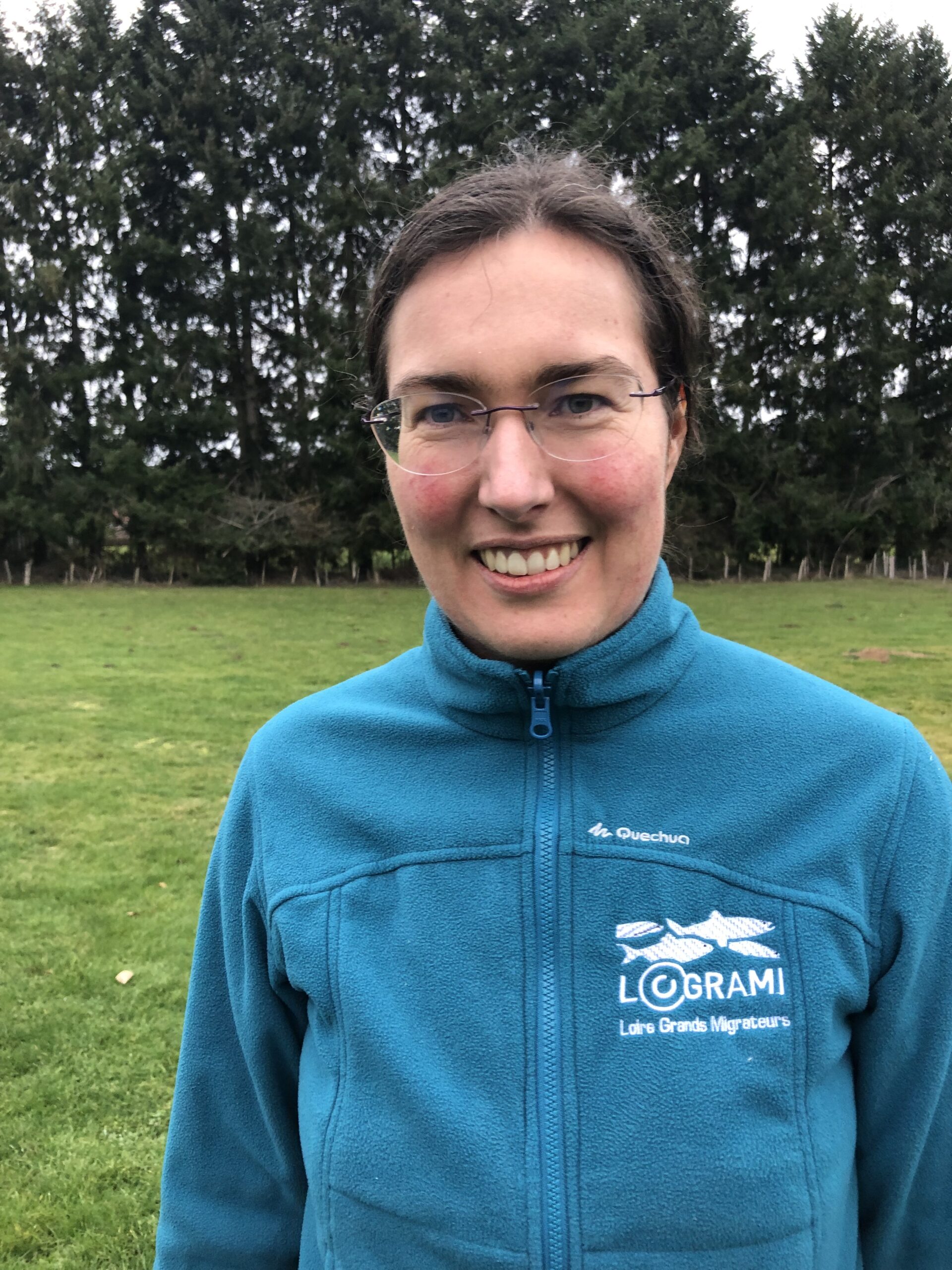
Marion Legrand
Researcher
LOGRAMI
-
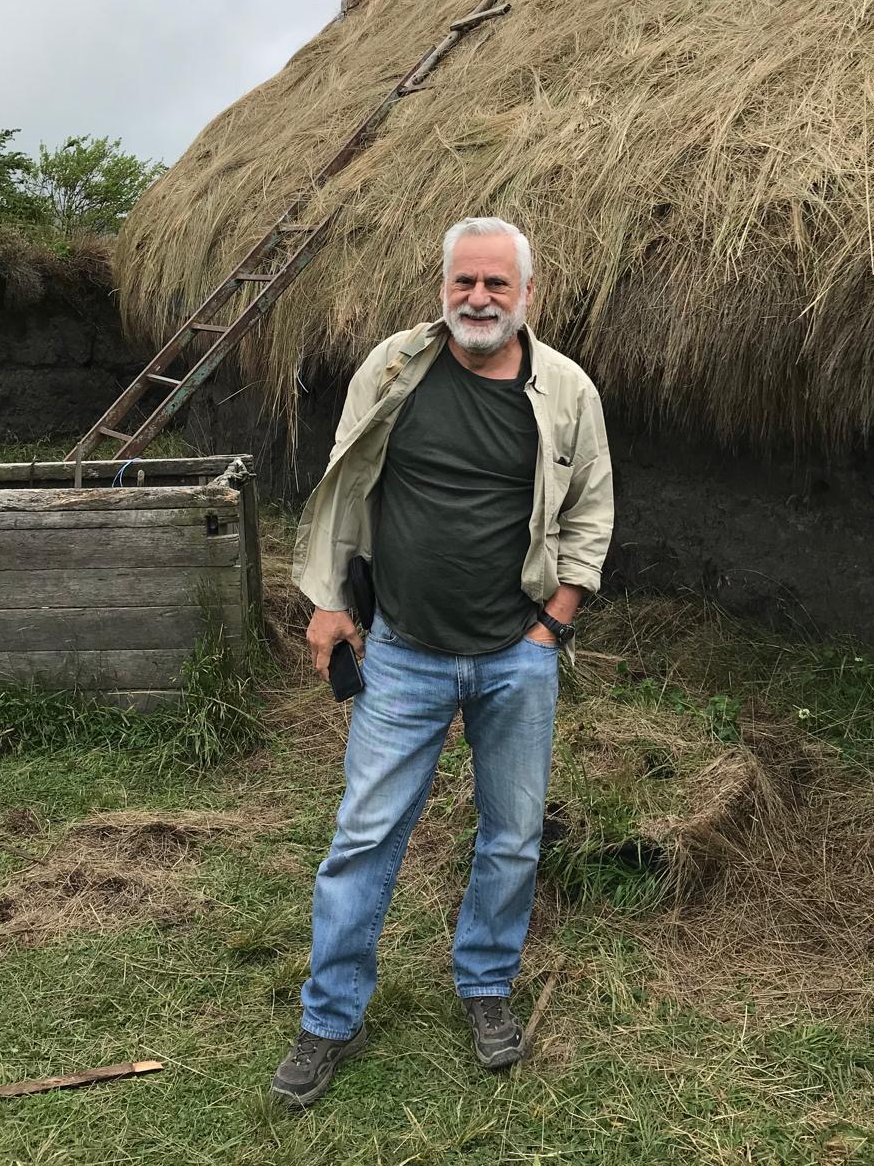
Fernando Cobo
Researcher
USC
-
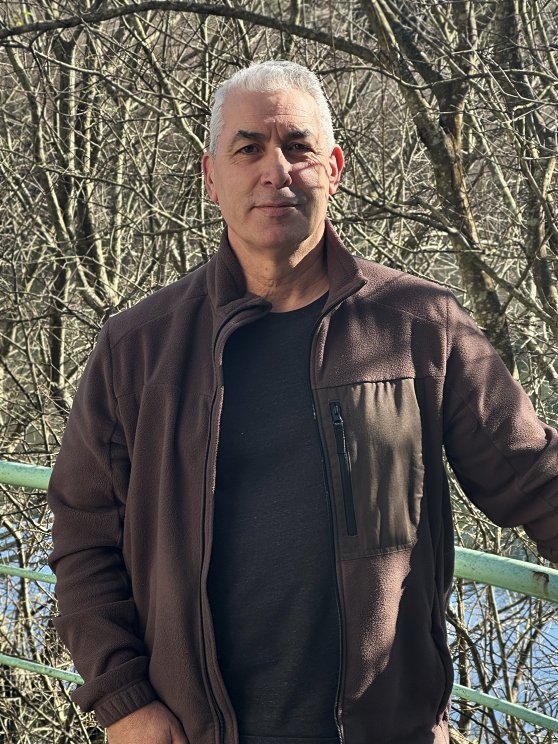
Rufino Vieira
Researcher
USC
-
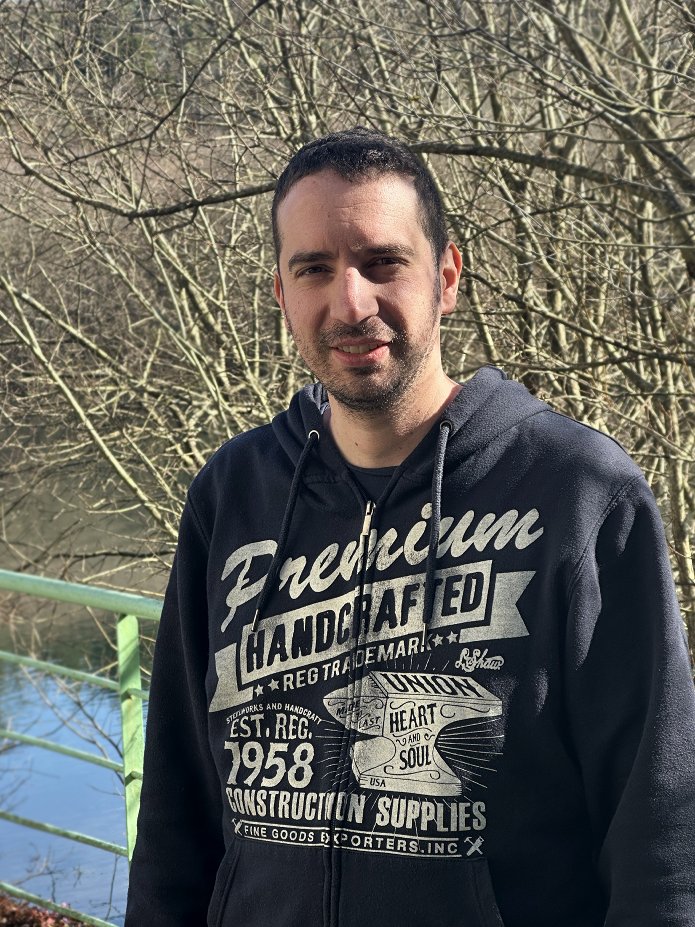
Alberto Gutierrez
Researcher
USC
-
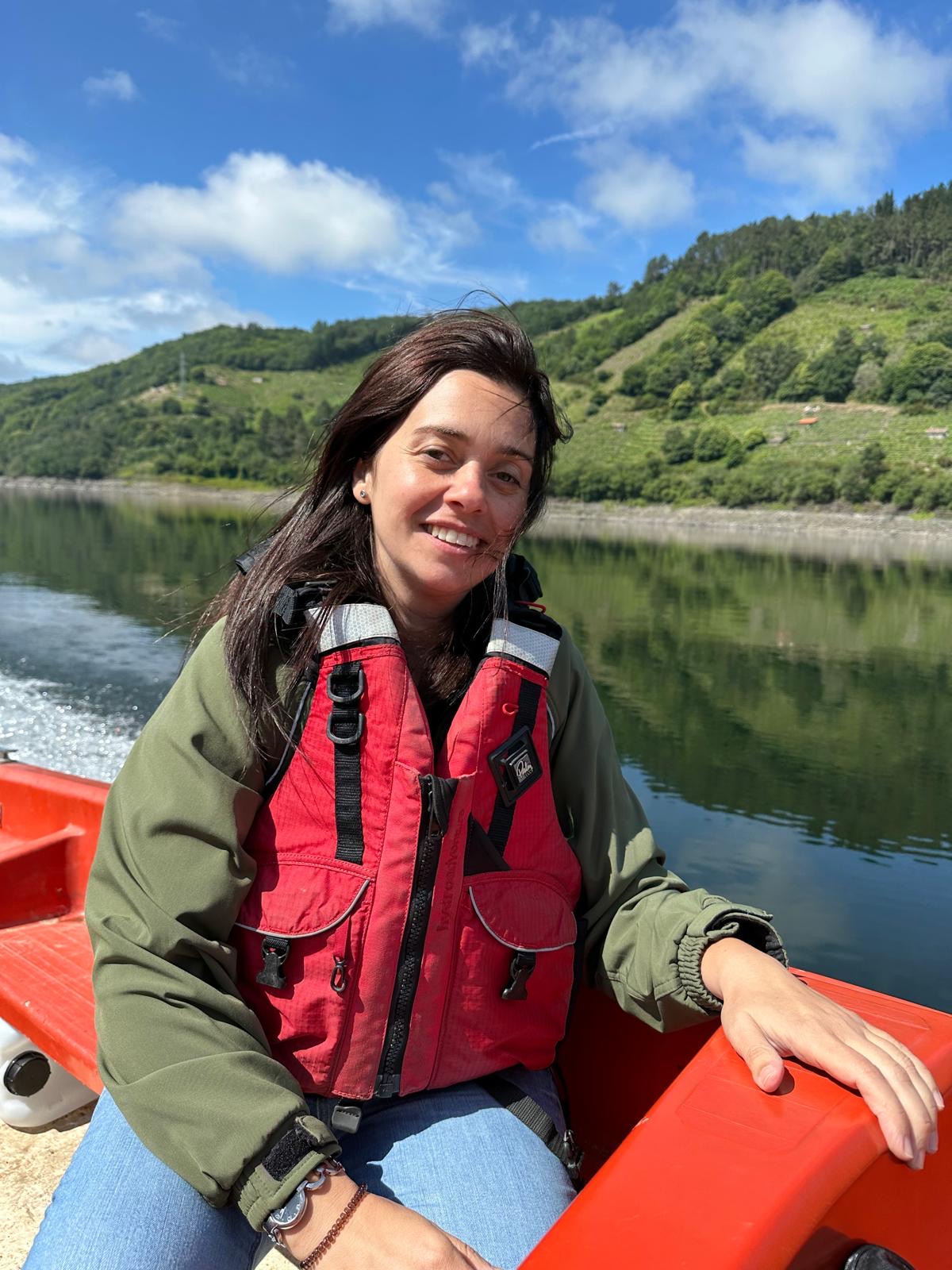
Sandra Barca
Researcher
USC
-

Samuel Sephard
Researcher
IFI
-

William Roche
Researcher
IFI
Associated Partners
-
Website
adega.gal/portada.php
-
Website
www.facebook.com/agnatha.minho/
-
Website
apambiente.pt/
-
-
Website
www.natureza-portugal.org/
-
ASSOCIAÇÃO DE PROFISSIONAIS DE PESCA DO RIO MINHO E MAR (APPRMM)
-
Website
www.amn.pt/Paginas/Homepage.aspx
-
-
-
Website
www.comite-peches.fr/
-
-
Website
www.dgrm.pt/
-
-
-
Website
www.edp.pt
-
-
Website
www.navarra.es/es/inicio
-
Website
www.icnf.pt/
-
Website
ifsa.ie
-
Website
www.mer.gouv.fr/
-
Website
www.ofb.gouv.fr/
-
Préfet de la région Hauts-de-France
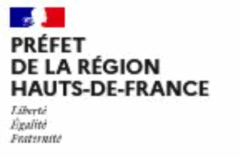
-
Website
www.sfpa.ie/
-
Website
thenavigatorcompany.com/en/
-
Website
theriverstrust.org/
-
Website
www.xunta.gal/portada

